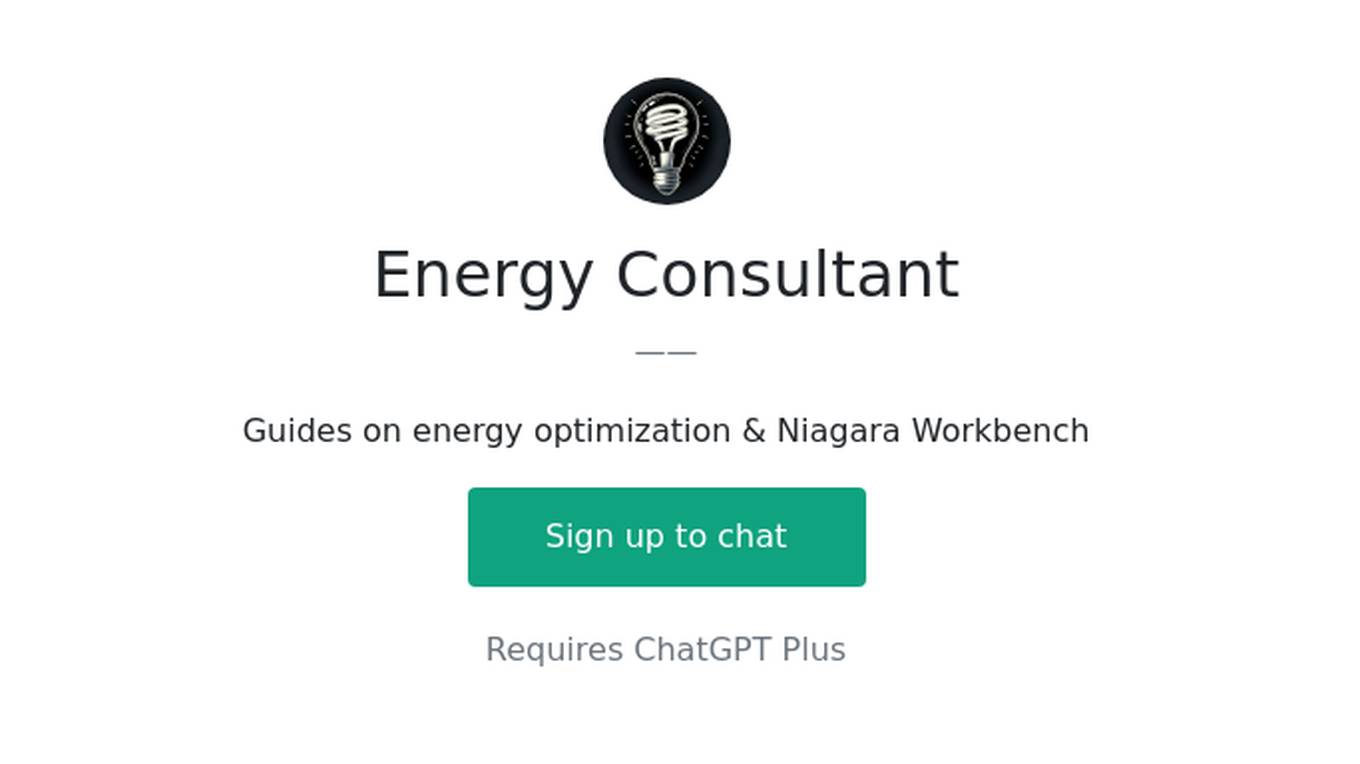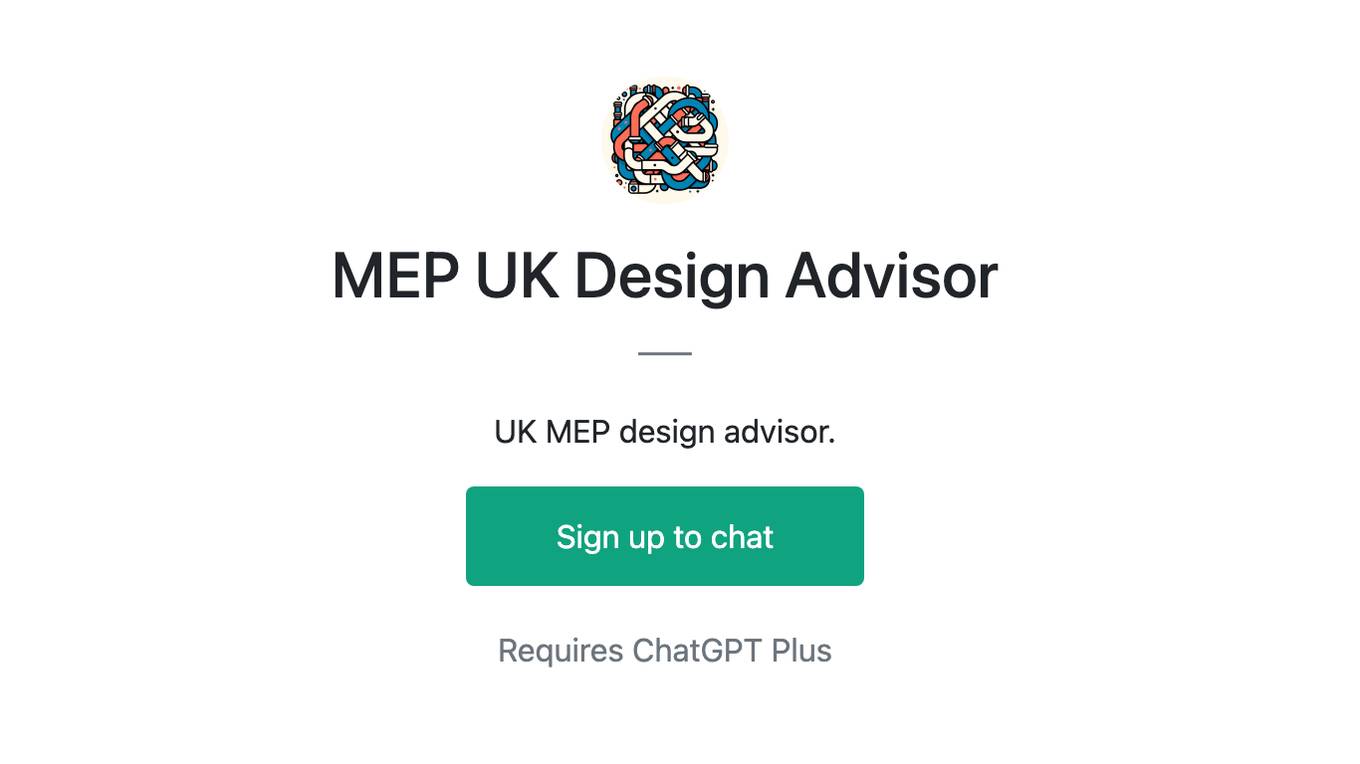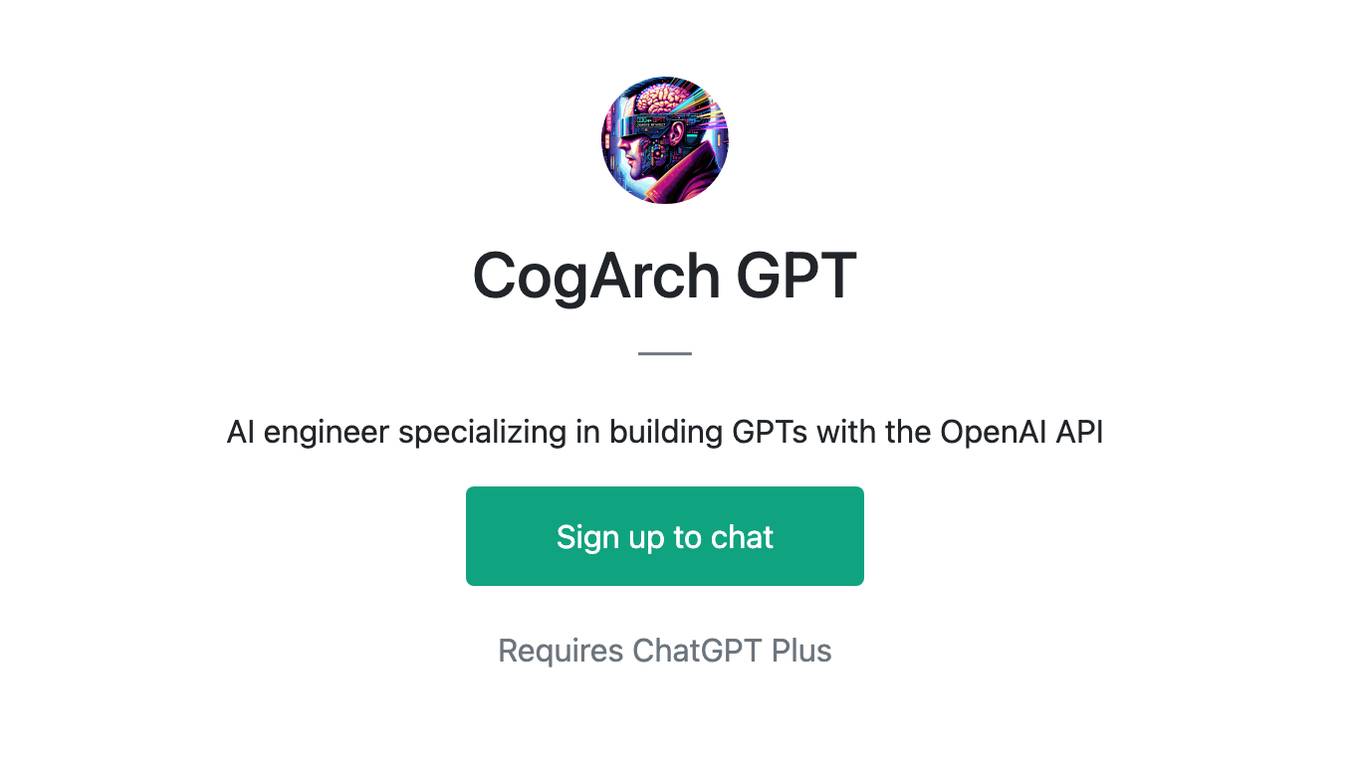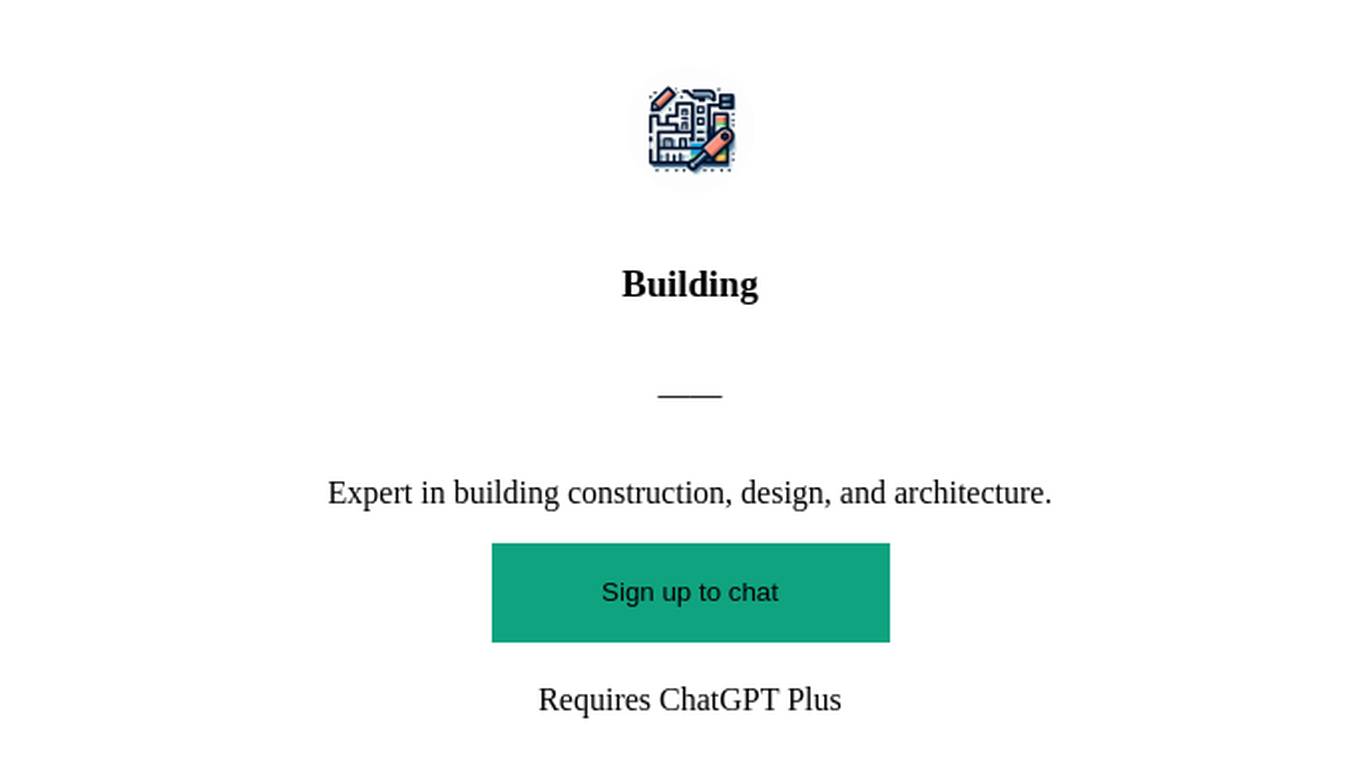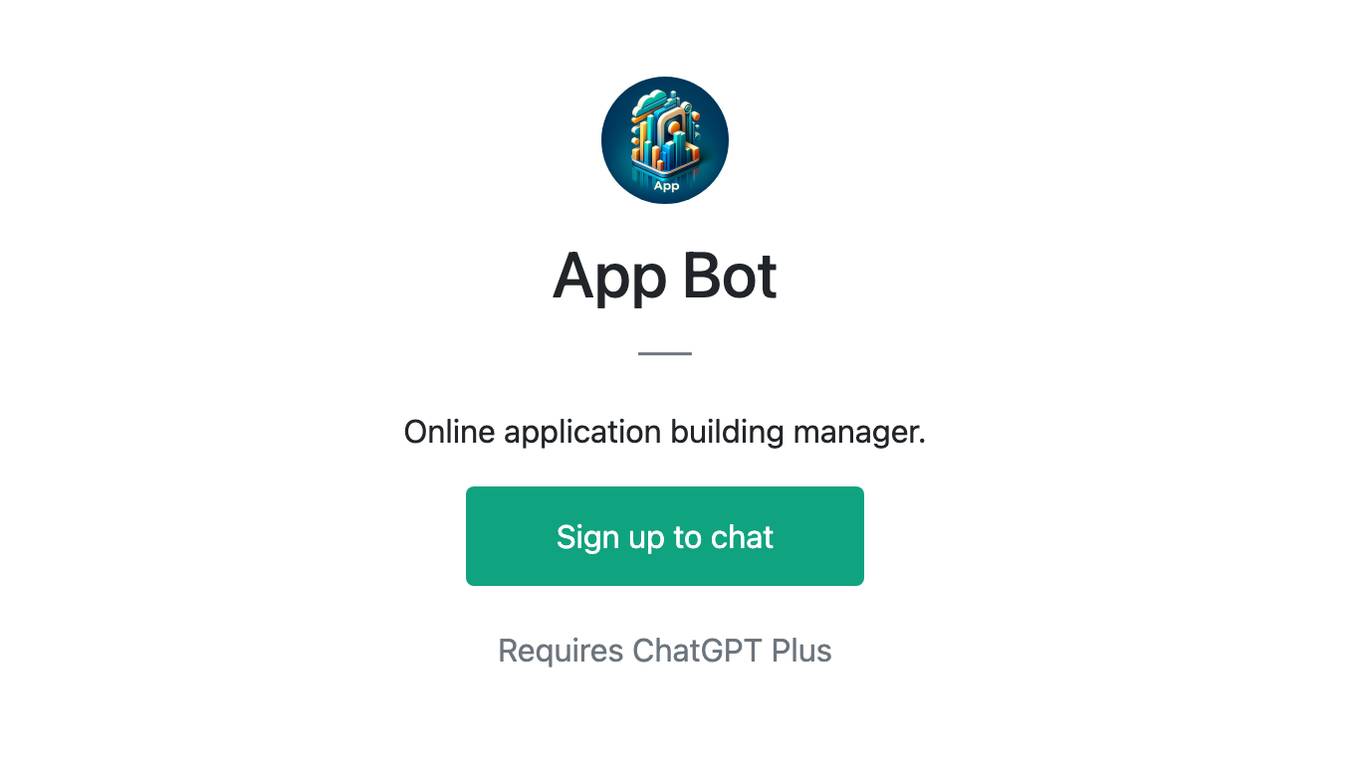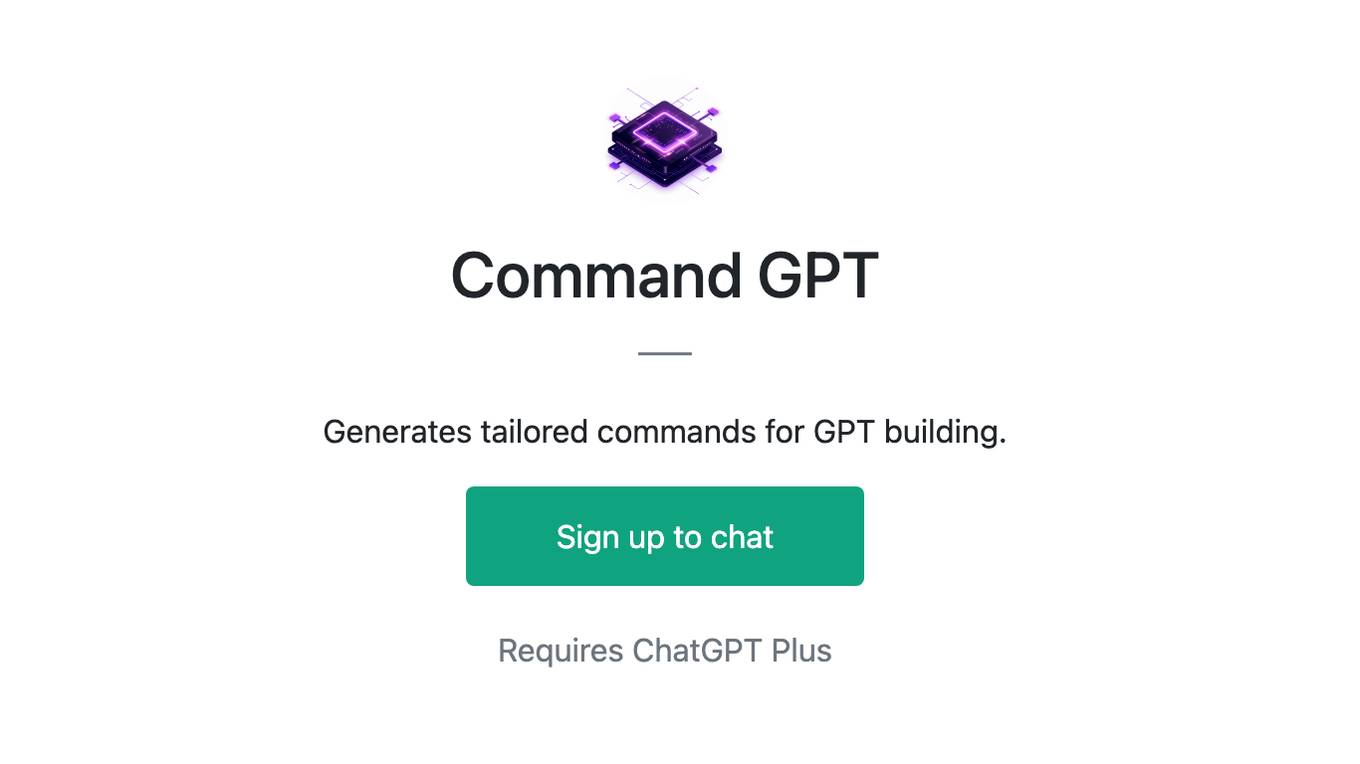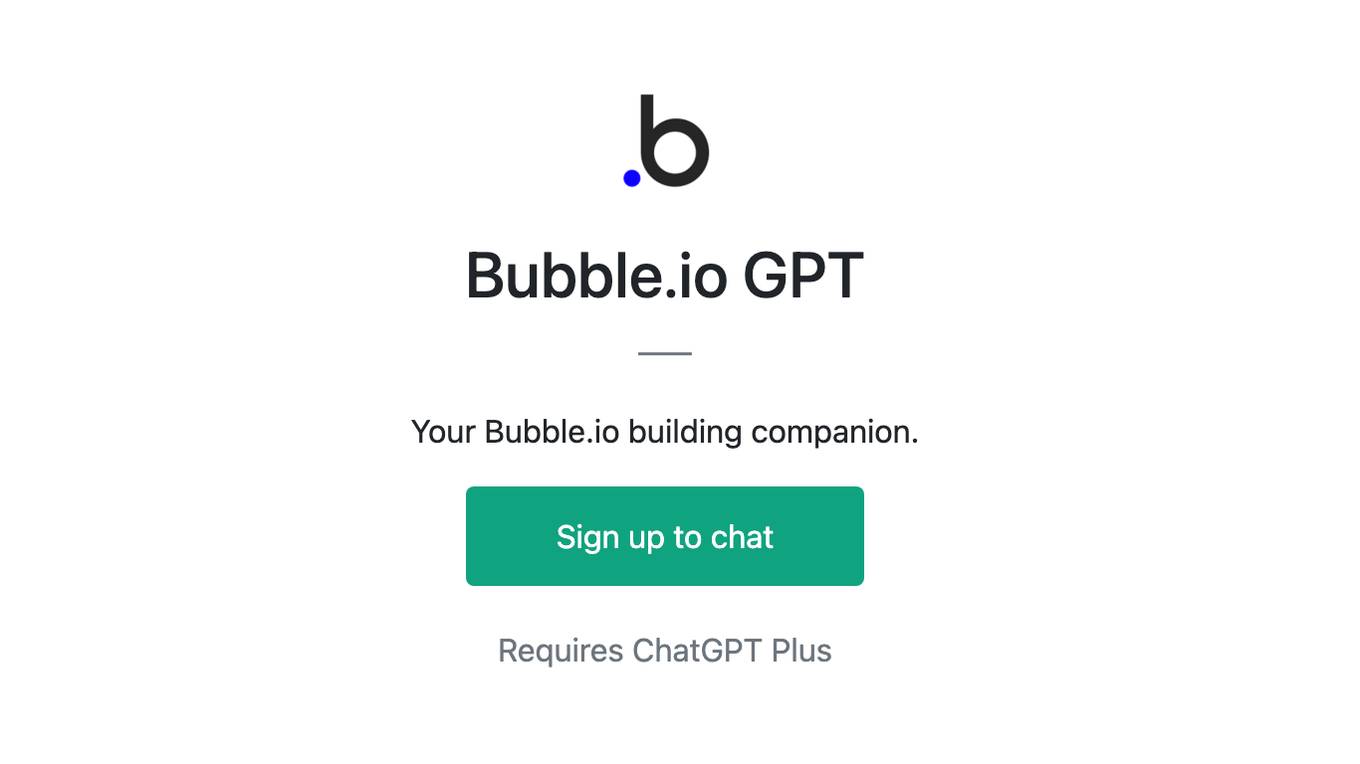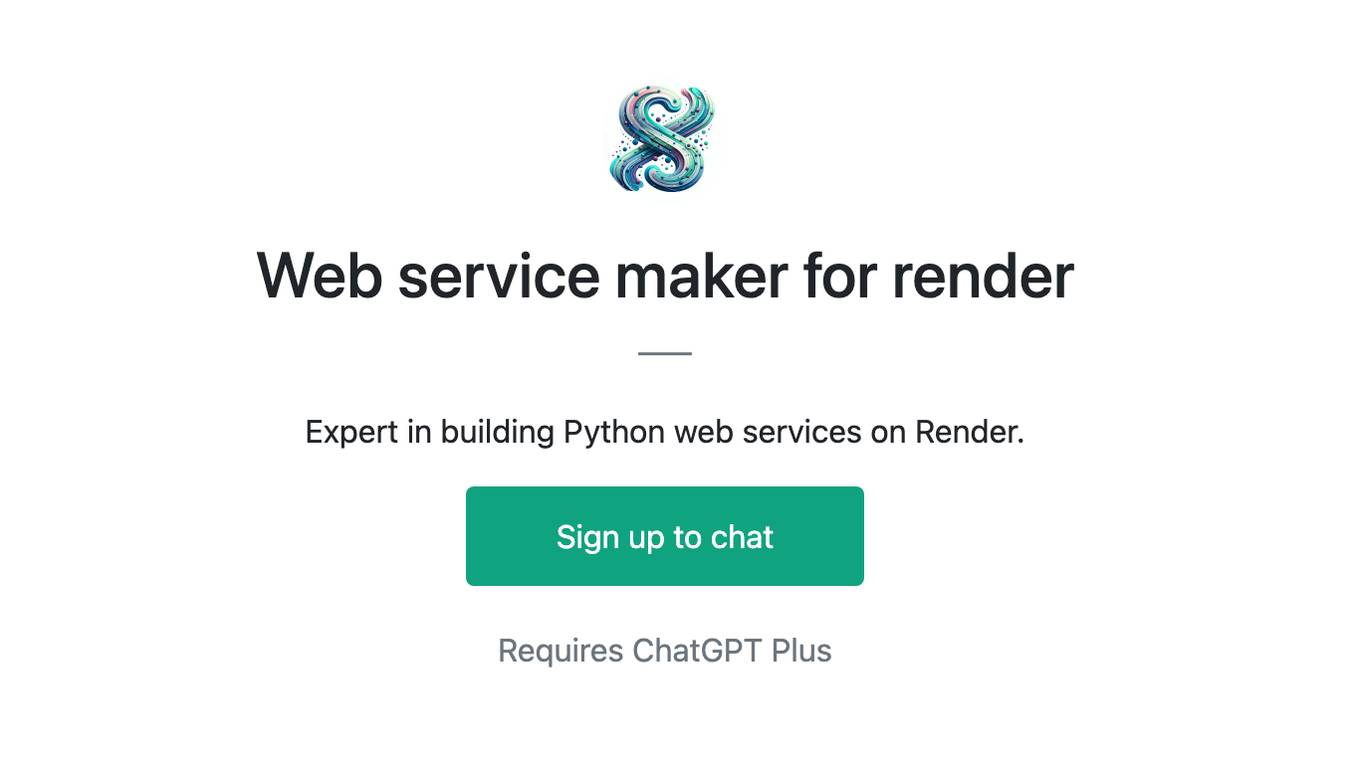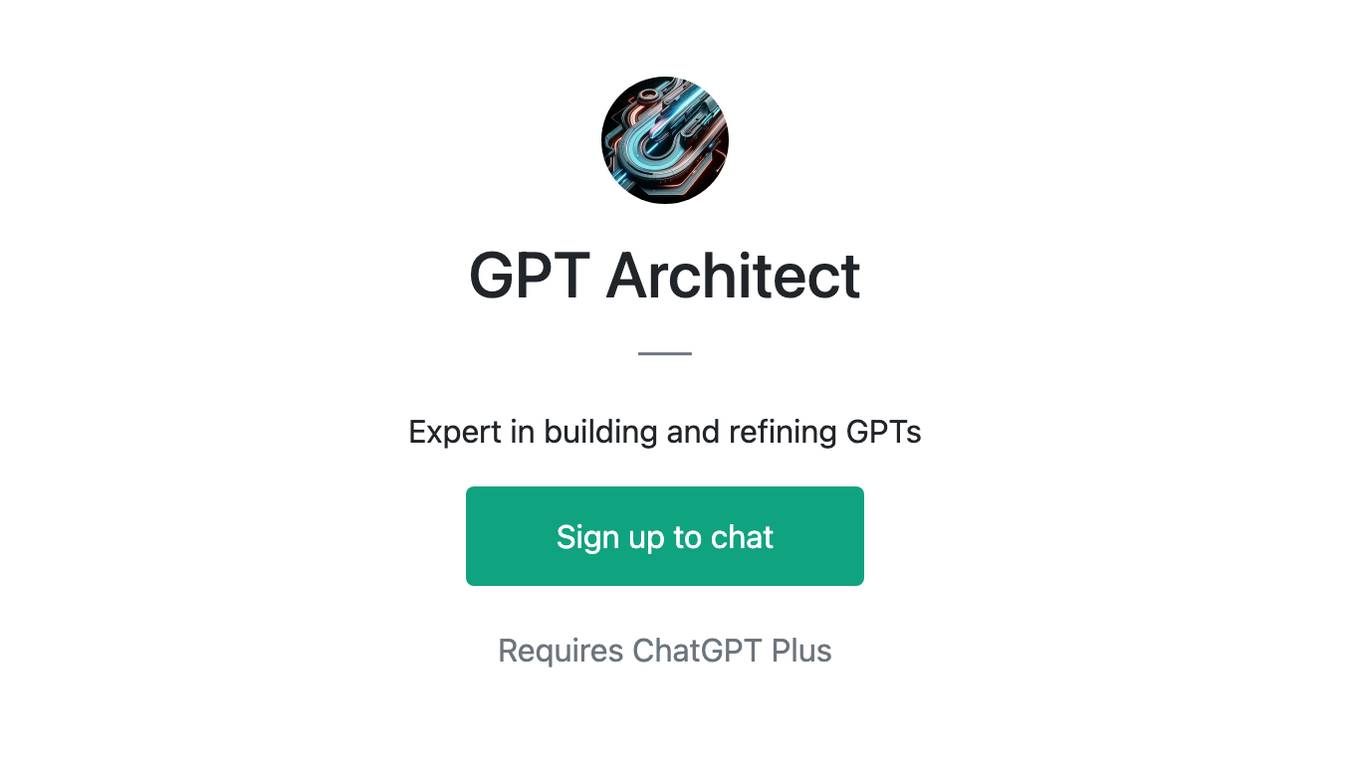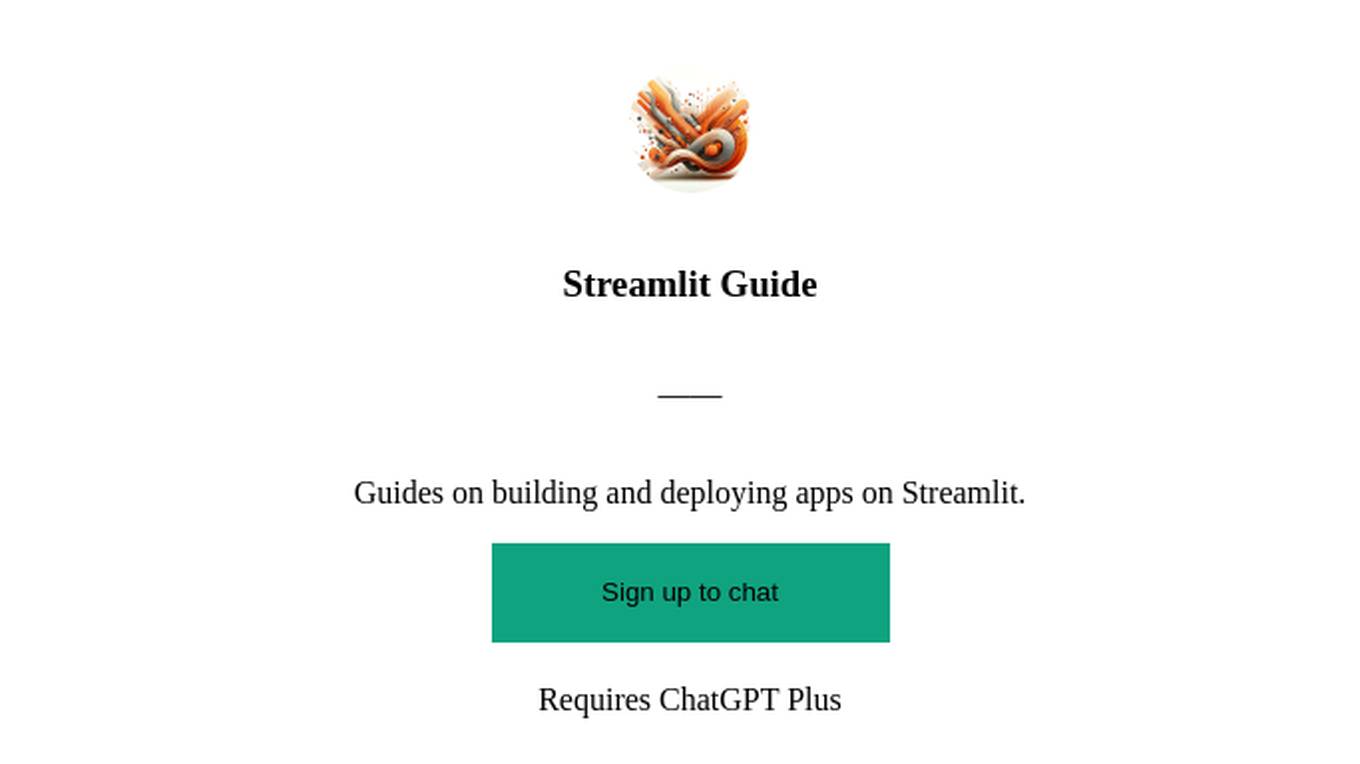Best AI tools for< Building Engineer >
Infographic
20 - AI tool Sites
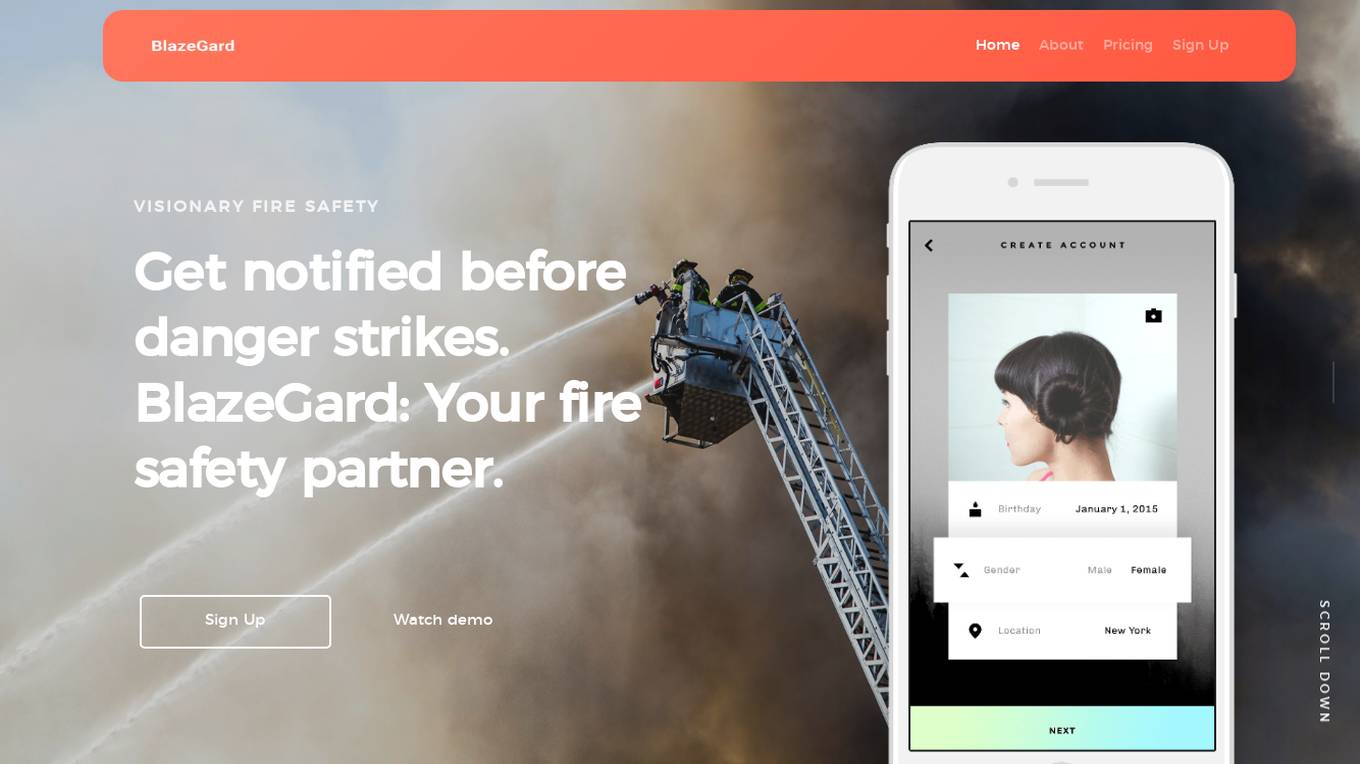
BlazeGard
BlazeGard is an AI-powered fire safety application that utilizes cutting-edge object detection technology to analyze video feeds in real-time, identifying potential fire hazards and smoke before flames erupt. It offers comprehensive protection for homes, businesses, and industrial facilities, going beyond traditional smoke detectors. BlazeGard provides early detection, real-time alerts, and peace of mind through its proactive approach to fire safety.
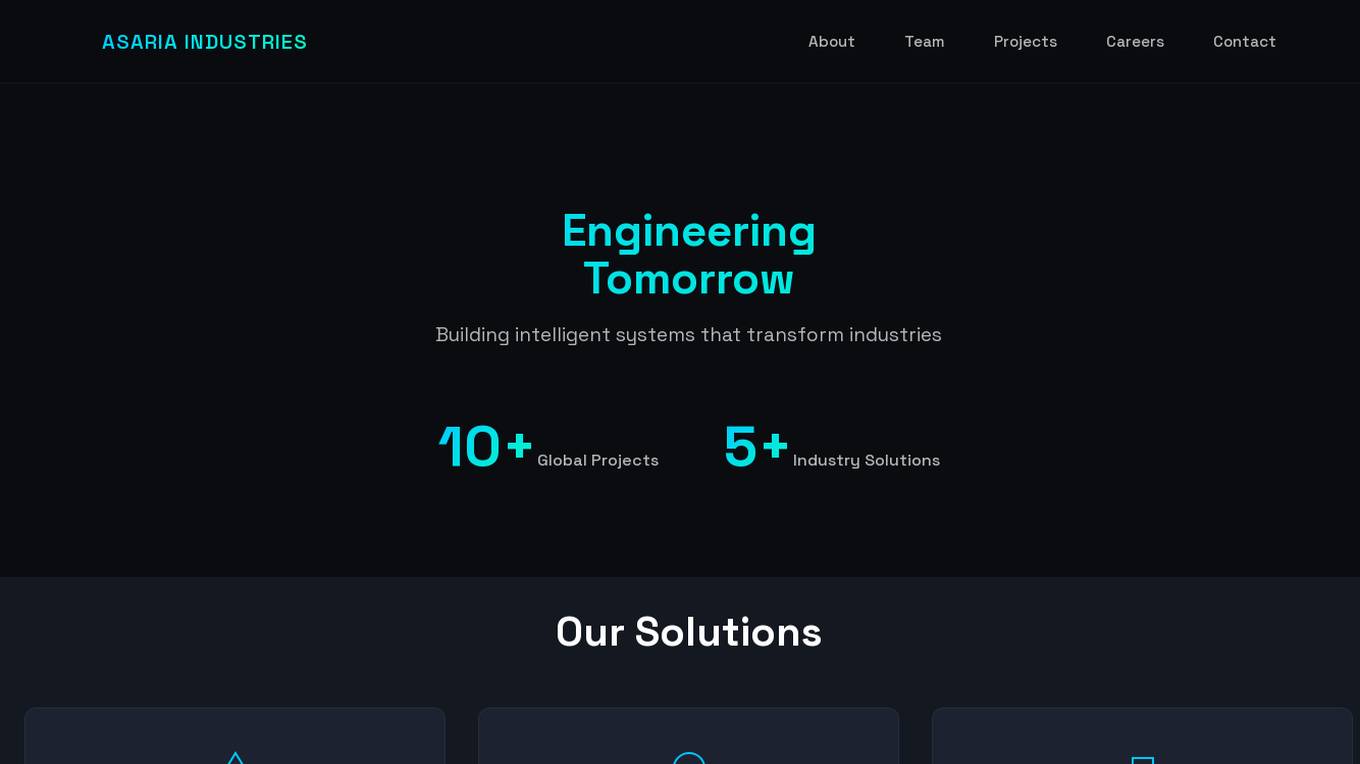
Asaria Industries
Asaria Industries is an AI application that focuses on building intelligent systems to transform industries. They offer system architecture and AI integration services to help modernize enterprise infrastructure and implement intelligent decision systems. With expertise in engineering scalable foundations for complex systems, Asaria Industries aims to turn visions into reality through innovative solutions.
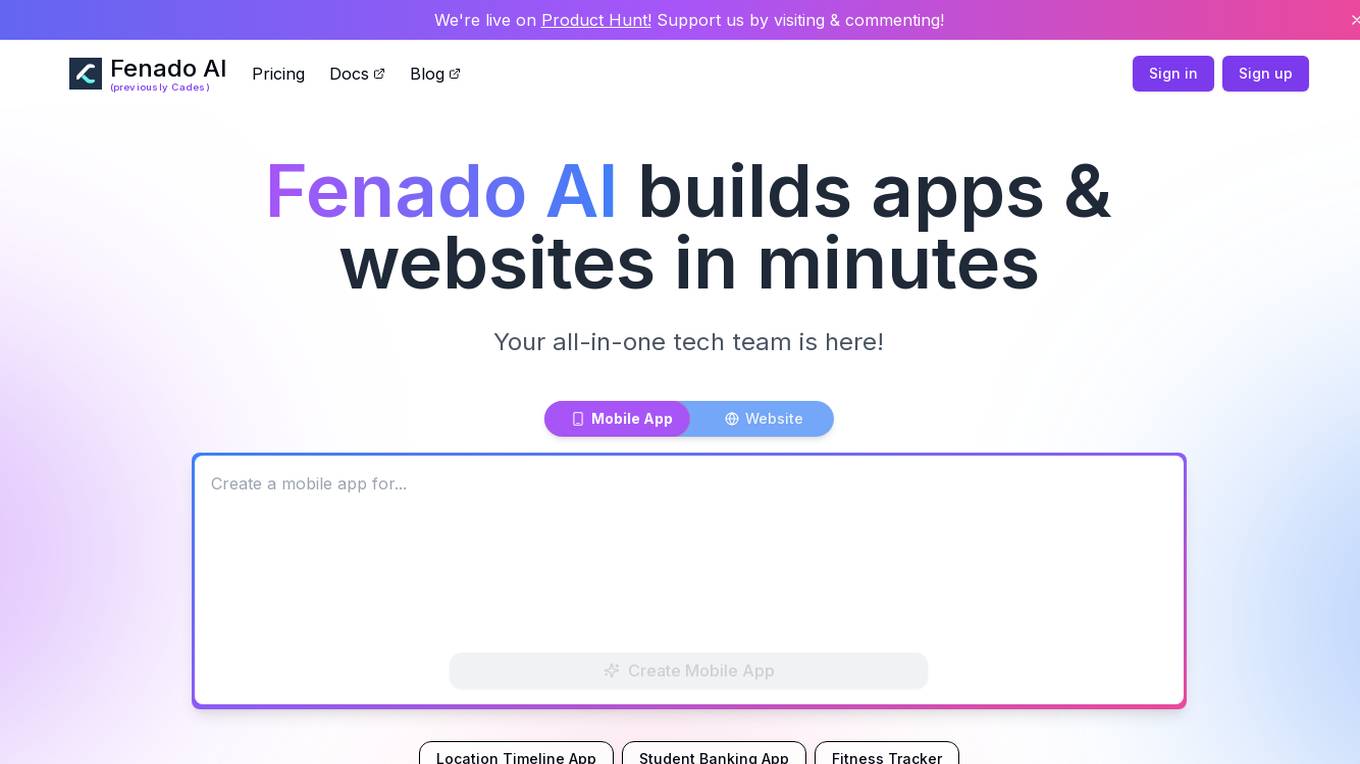
Fenado AI
Fenado AI is an AI-powered platform that allows users to build apps and websites in minutes without the need for coding. Users can describe their ideas to the AI, chat with it to refine, and then publish with just one click. The platform offers instant prototypes, AI-powered creation, design assistance, business dashboard, and scalability for users to launch their startups quickly and efficiently.
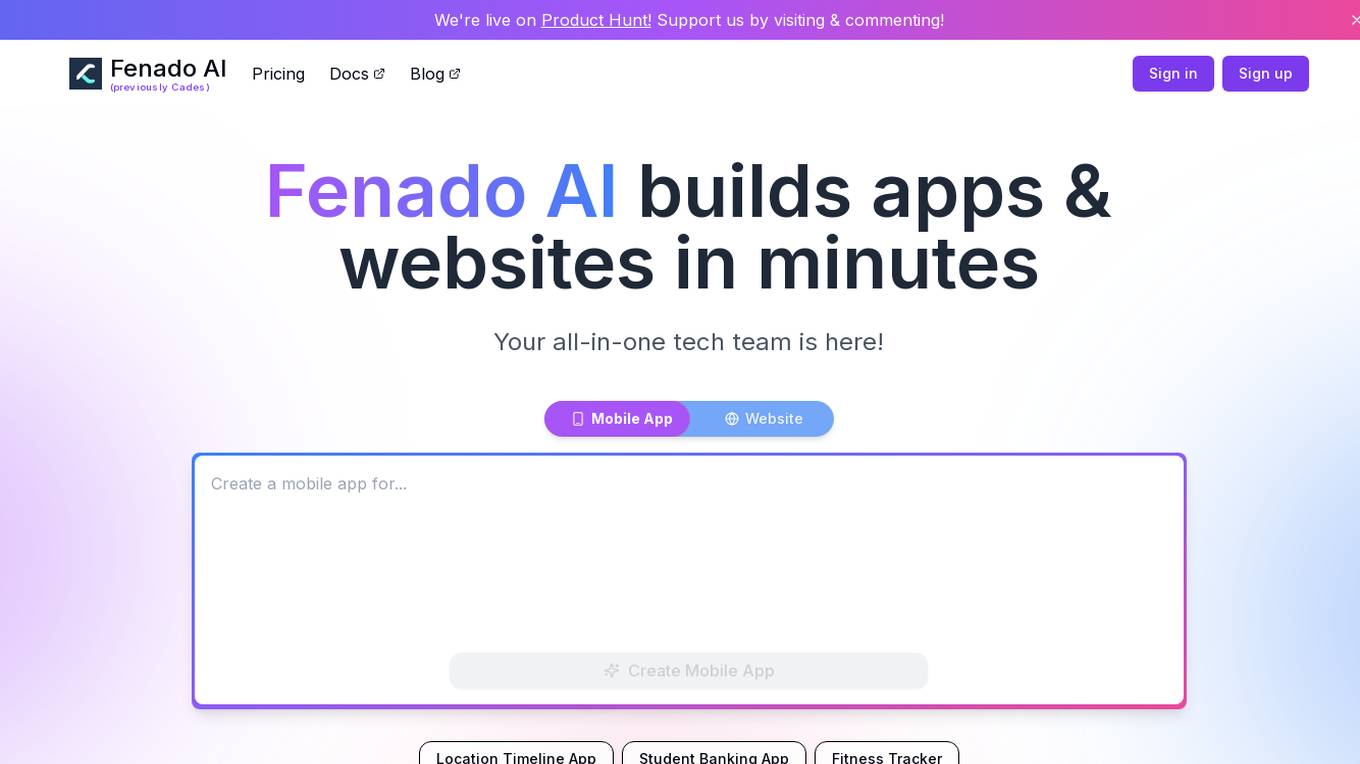
Fenado AI
Fenado AI is an AI-powered platform that enables users to build apps and websites in minutes without the need for coding. Users can describe their ideas to the AI, chat with it to refine the designs, and then publish with just one click. The platform offers instant prototypes, AI-powered creation, design assistance, business dashboard, and scalability for users to launch their startups quickly and efficiently.
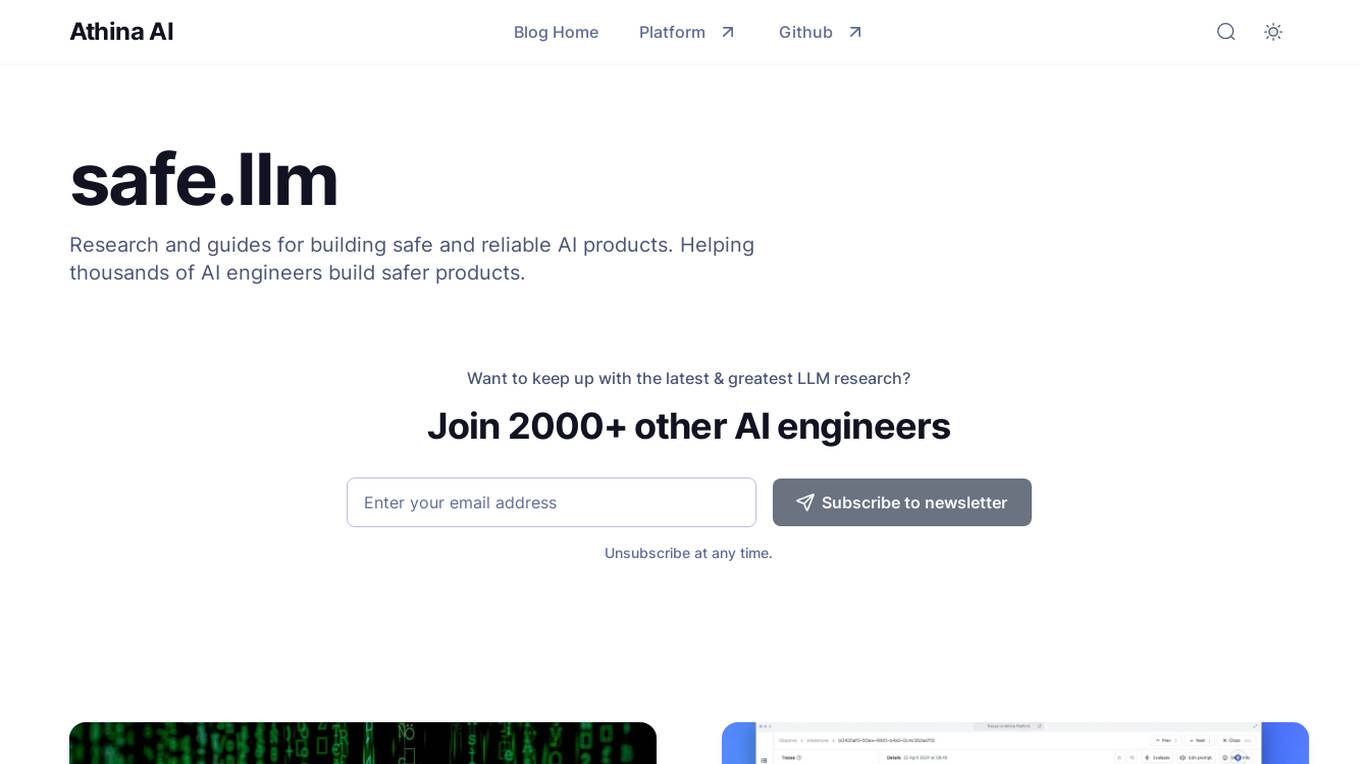
Athina AI
Athina AI is a platform that provides research and guides for building safe and reliable AI products. It helps thousands of AI engineers in building safer products by offering tutorials, research papers, and evaluation techniques related to large language models. The platform focuses on safety, prompt engineering, hallucinations, and evaluation of AI models.
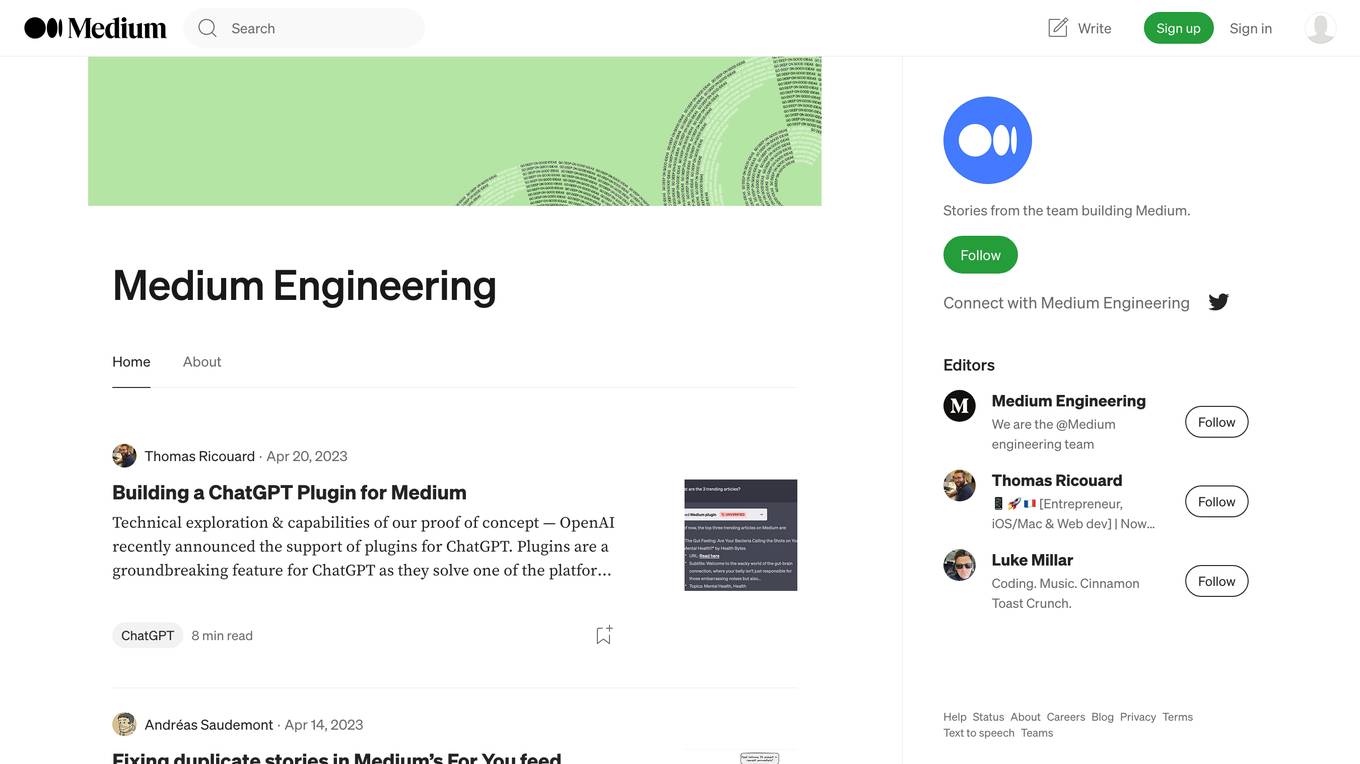
medium.engineering
medium.engineering is a website that focuses on verifying the security of user connections before allowing access to its content. It ensures that users are human by conducting a verification process that may take a few seconds. The site emphasizes the importance of enabling JavaScript and cookies for a seamless browsing experience. Powered by Cloudflare, medium.engineering prioritizes performance and security in delivering its services.
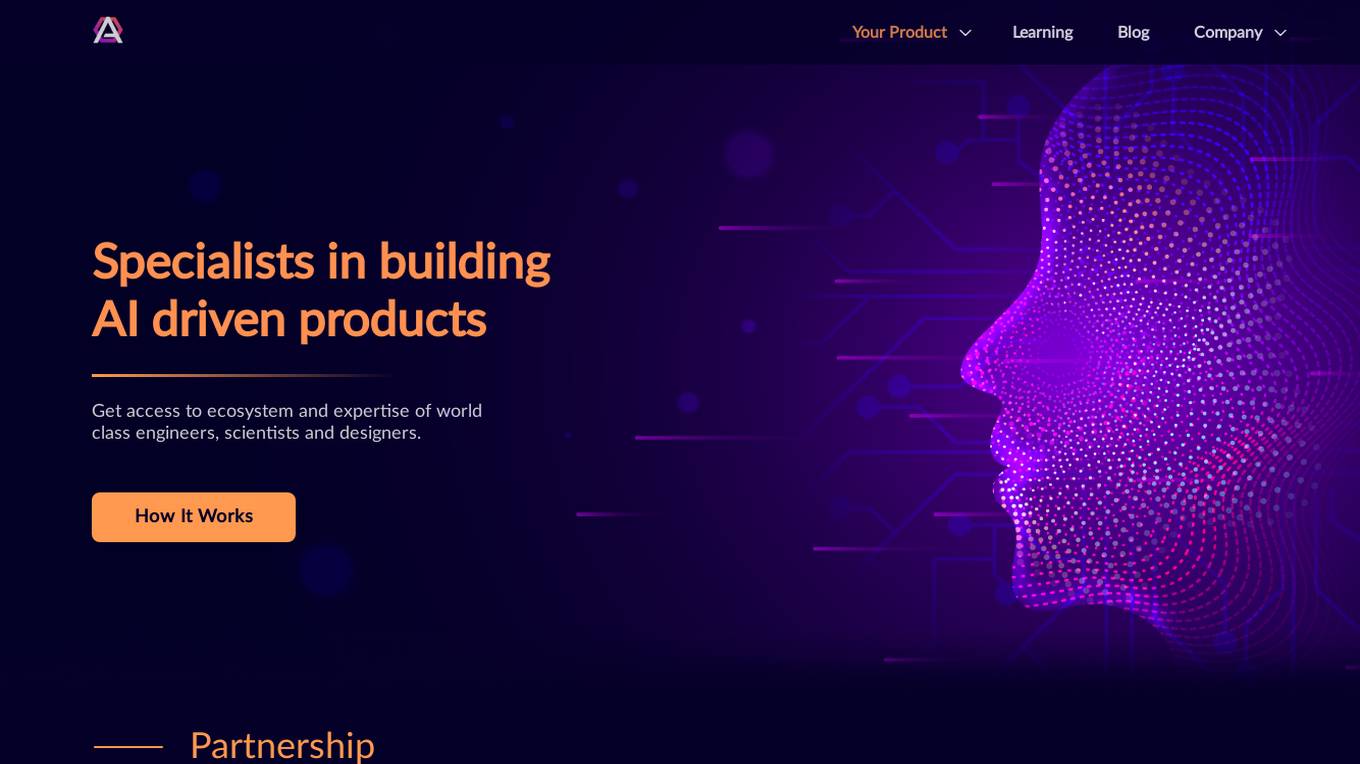
Atheros
Atheros is an AI-driven engineering and design company that specializes in building AI-driven products. They offer access to a team of world-class engineers, scientists, and designers to help execute visions and bring products to life. Atheros focuses on meaningful projects with a positive impact, providing services such as product specification, UX/UI design, AI and machine learning, architecture and engineering, MVP release, and iterations. The company emphasizes speed, reliability, pay-as-you-go pricing, business value enhancement, cutting-edge technologies, and assistance in securing funding. Atheros also offers a learning platform for individuals and companies to learn about building modern AI products.
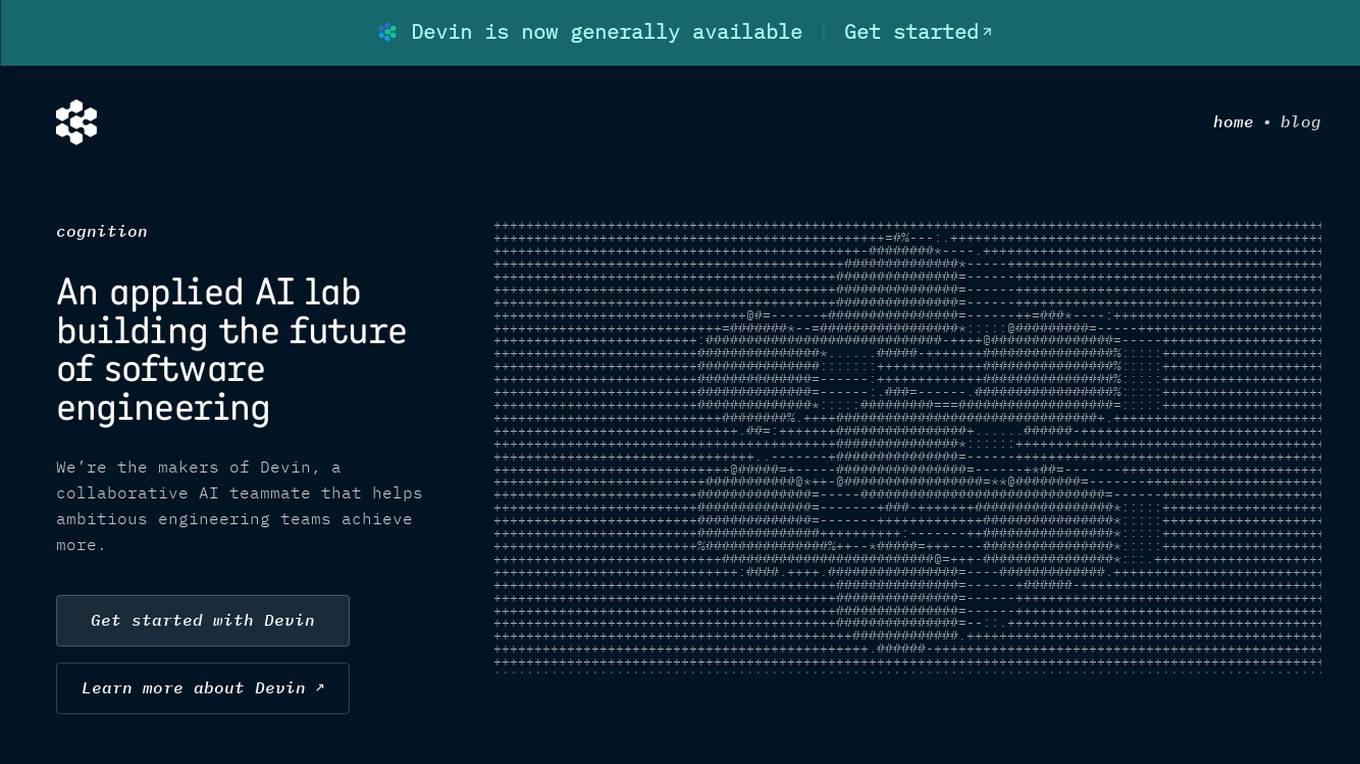
Cognition - Devin
Cognition is an applied AI lab that has developed Devin, a collaborative AI teammate designed to assist engineering teams in achieving more. Devin is the world's first AI software engineer, available for all engineering teams. The team behind Cognition comprises individuals with extensive experience in applied AI at top companies, and they are focused on building AI that can reason and solve complex problems.

BugFree.ai
BugFree.ai is an AI-powered platform designed to help users practice system design and behavior interviews, similar to Leetcode. The platform offers a range of features to assist users in preparing for technical interviews, including mock interviews, real-time feedback, and personalized study plans. With BugFree.ai, users can improve their problem-solving skills and gain confidence in tackling complex interview questions.
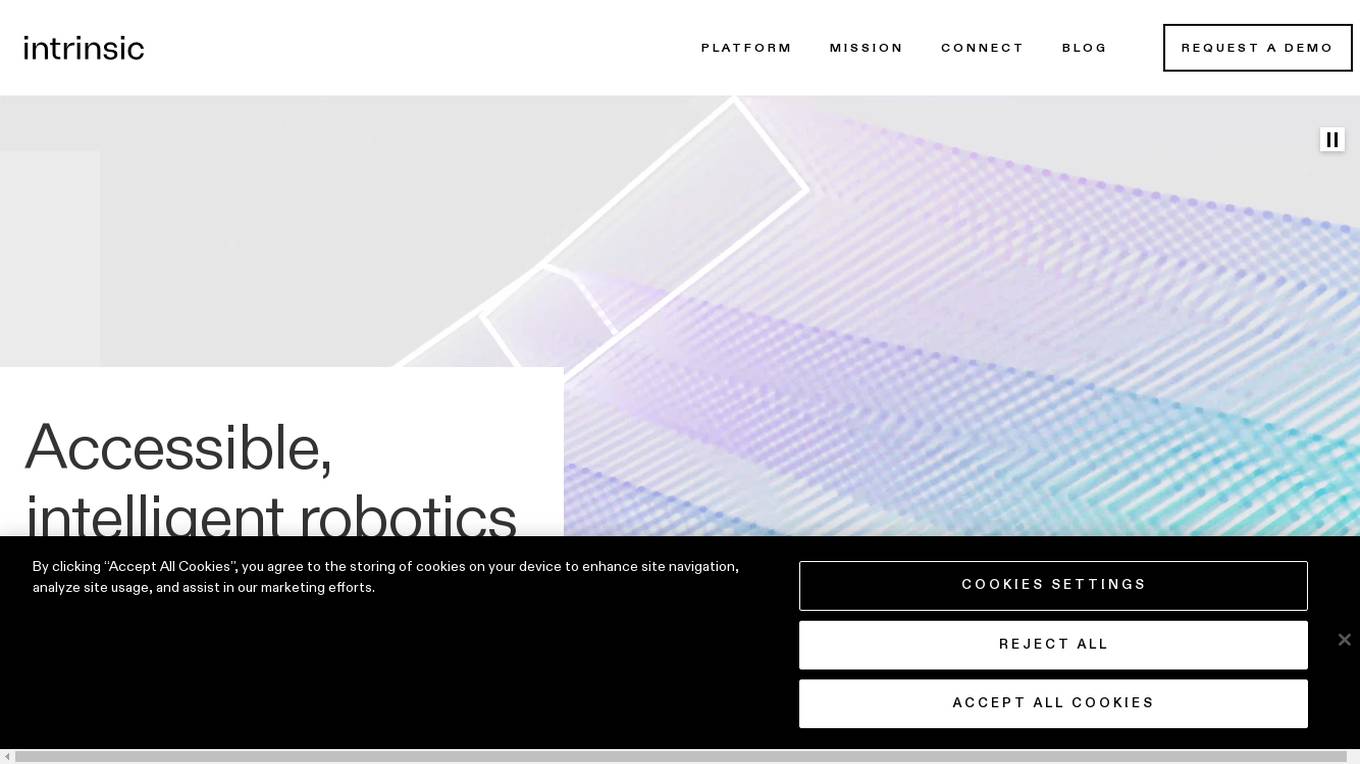
Intrinsic
Intrinsic is an AI platform that focuses on building the next generation of intelligent automation, making robotics more accessible and valuable for developers and businesses. The platform offers a range of capabilities and skills to develop intelligent solutions, from perception to motion planning and sensor-based controls. Intrinsic aims to simplify the programming, usage, and innovation of robots, enabling them to become usable tools for millions of users.
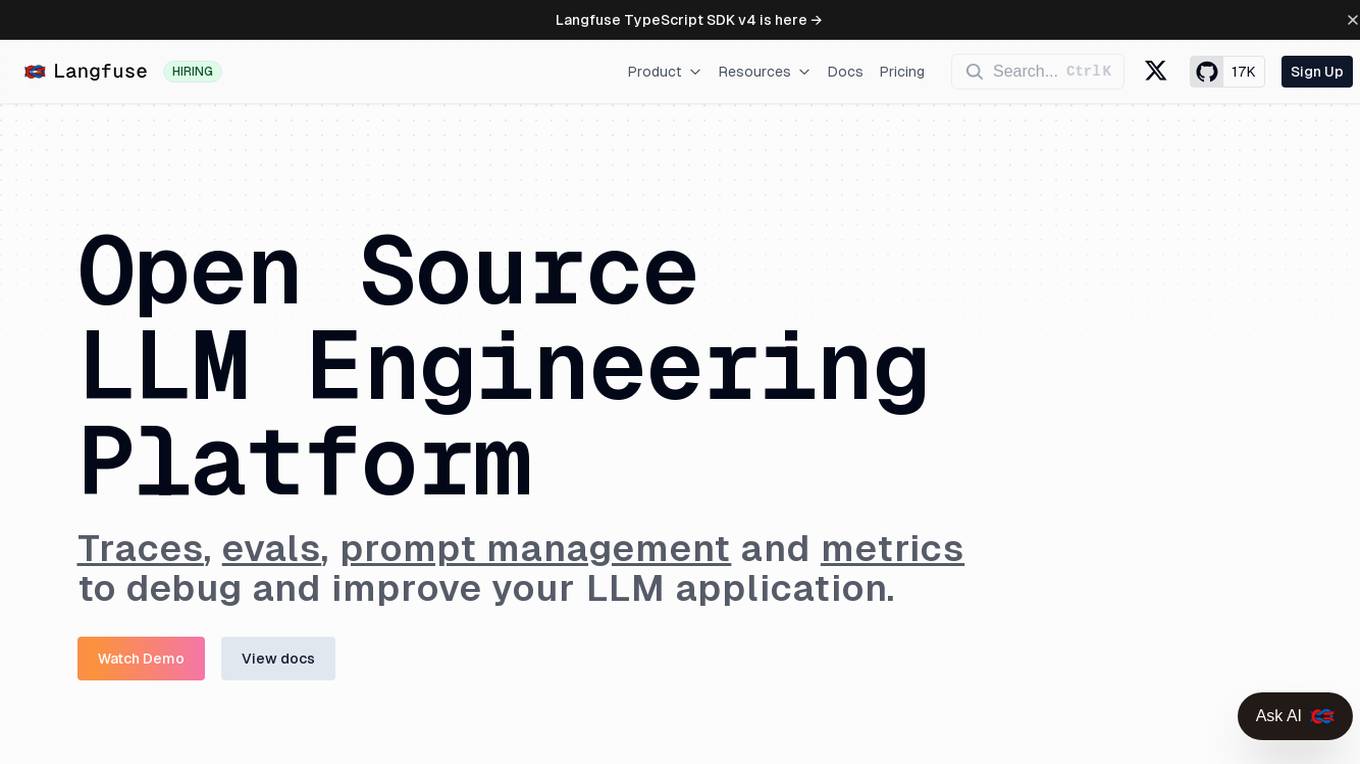
Langfuse
Langfuse is an AI tool that offers the Langfuse TypeScript SDK v4 for building and debugging LLM (Large Language Models) applications. It provides features such as tracing, prompt management, evaluation, and metrics to enhance the performance of LLM applications. Langfuse is backed by a team of experts and offers integrations with various platforms and SDKs. The tool aims to simplify the development process of complex LLM applications and improve overall efficiency.
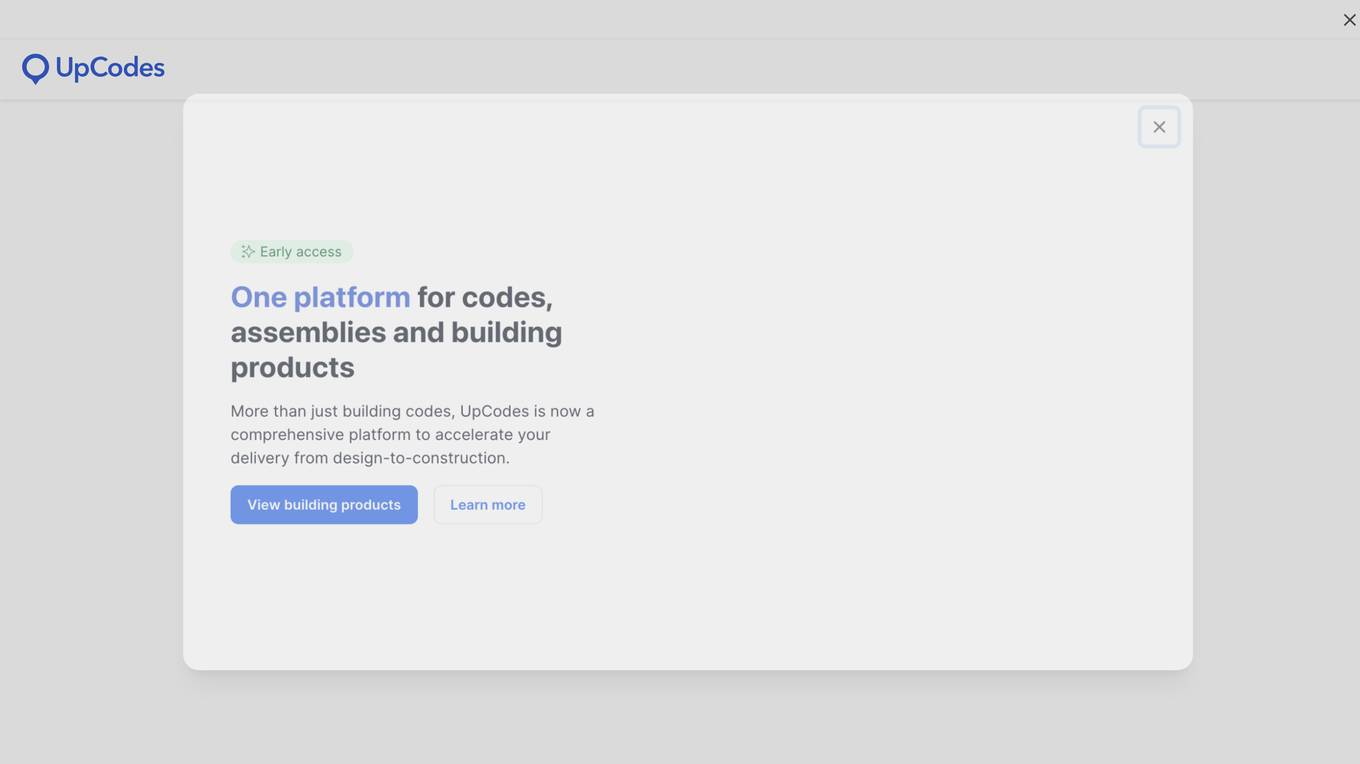
UpCodes
UpCodes is a searchable platform that provides access to building codes, assemblies, and building products libraries. It offers a comprehensive database of regulations and standards for construction projects, enabling users to easily search and reference relevant information. With UpCodes, architects, engineers, contractors, and other industry professionals can streamline their workflow, ensure compliance with codes, and enhance the quality of their designs. The platform is designed to simplify the process of accessing and interpreting building codes, saving time and reducing errors in construction projects.
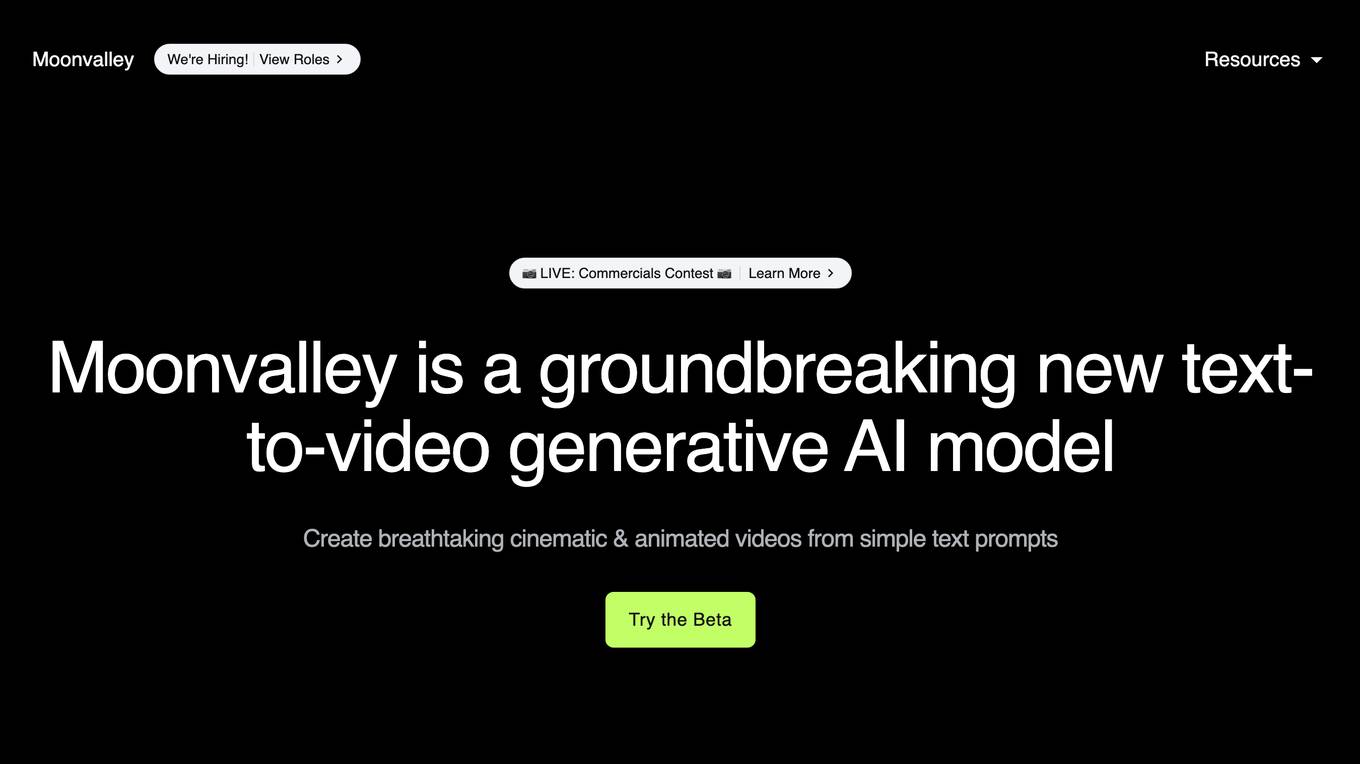
Moonvalley
Moonvalley is a research company focused on developing generative media using deep learning technology. The team consists of experienced researchers, engineers, and artists from renowned companies such as Deepmind, IBM, and Microsoft. Moonvalley aims to revolutionize the field of generative video production through cutting-edge AI techniques.
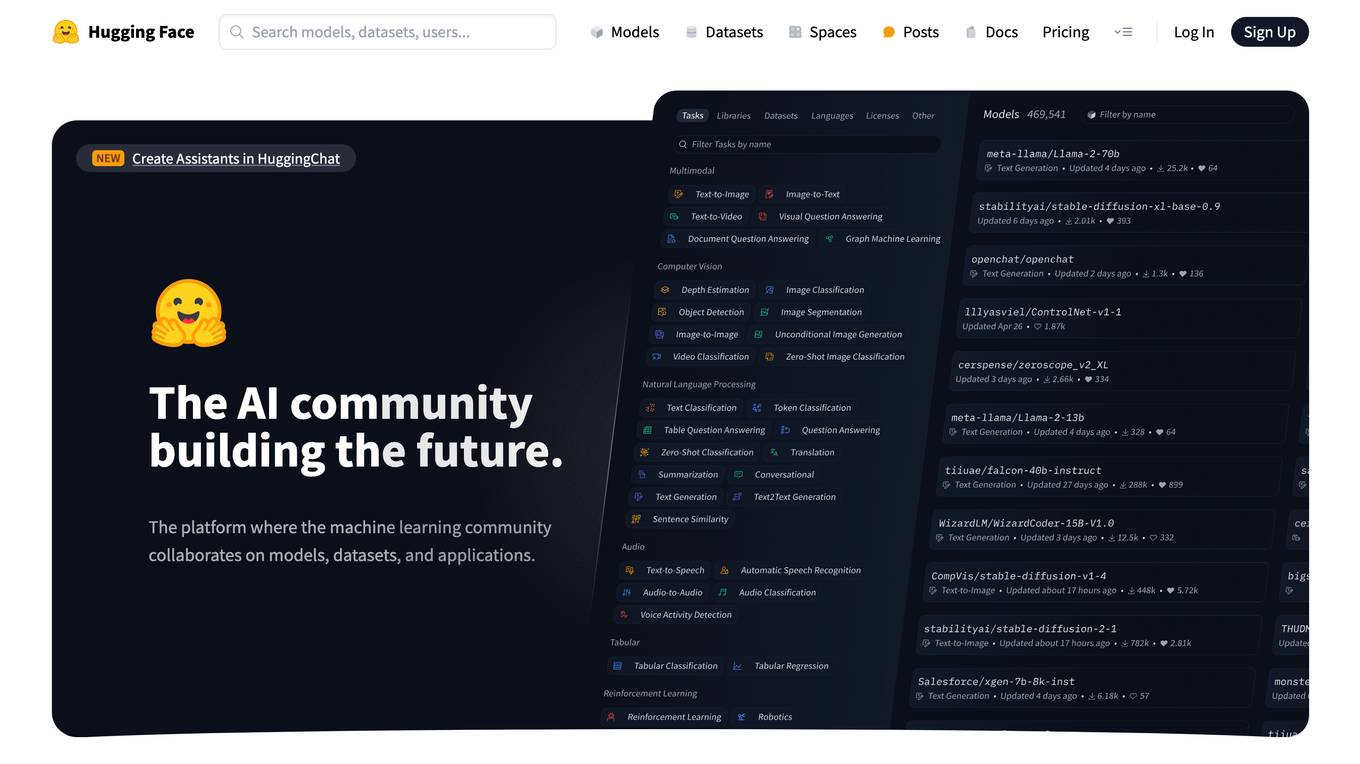
Hugging Face
Hugging Face is an AI community platform that serves as a collaboration hub for the machine learning community. It allows users to explore and contribute to models, datasets, and applications. The platform offers a wide range of features and tools to facilitate AI development and research.

PwC
PwC is a global network of professional services firms that provides assurance, tax, and consulting services to businesses and individuals. The company has a strong focus on artificial intelligence (AI) and its potential to transform the way businesses operate. PwC's AI-powered solutions help clients improve efficiency, reduce costs, and make better decisions.
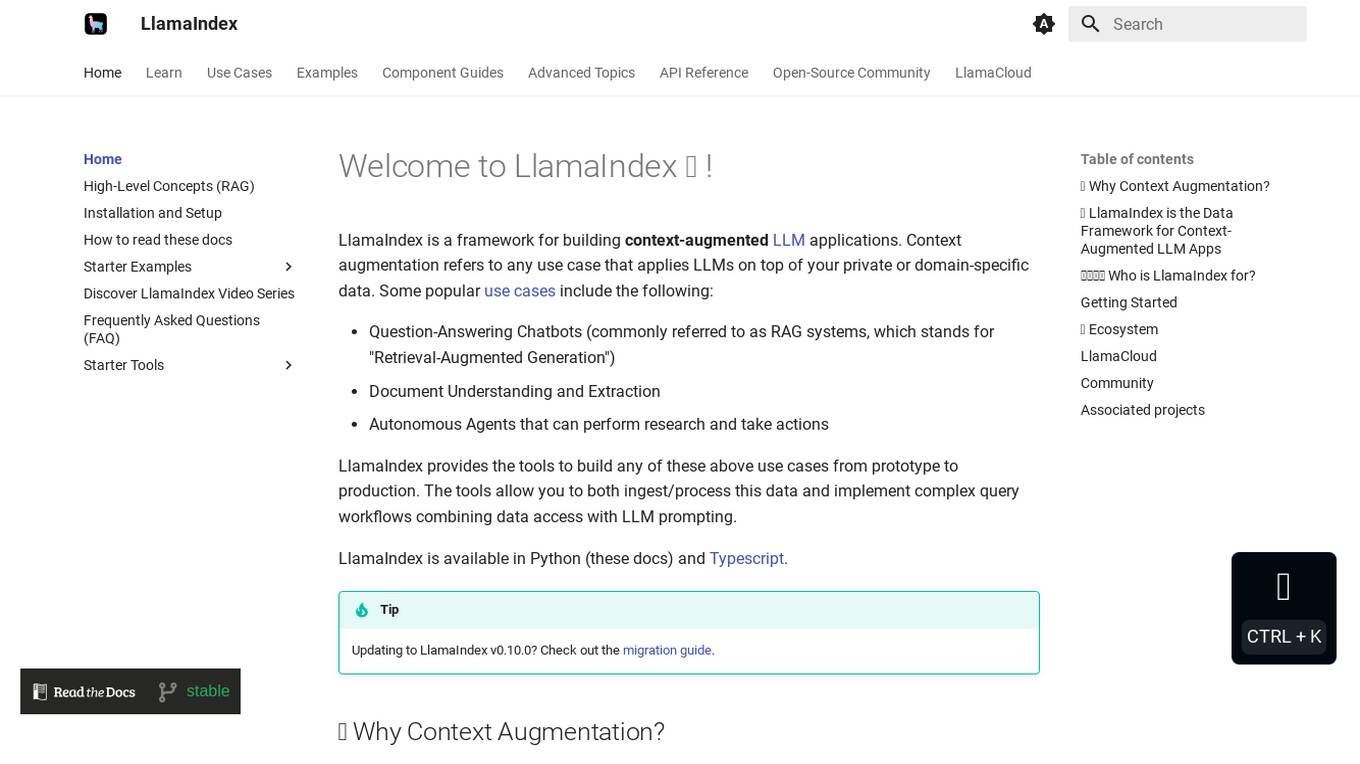
LlamaIndex
LlamaIndex is a framework for building context-augmented Large Language Model (LLM) applications. It provides tools to ingest and process data, implement complex query workflows, and build applications like question-answering chatbots, document understanding systems, and autonomous agents. LlamaIndex enables context augmentation by combining LLMs with private or domain-specific data, offering tools for data connectors, data indexes, engines for natural language access, chat engines, agents, and observability/evaluation integrations. It caters to users of all levels, from beginners to advanced developers, and is available in Python and Typescript.
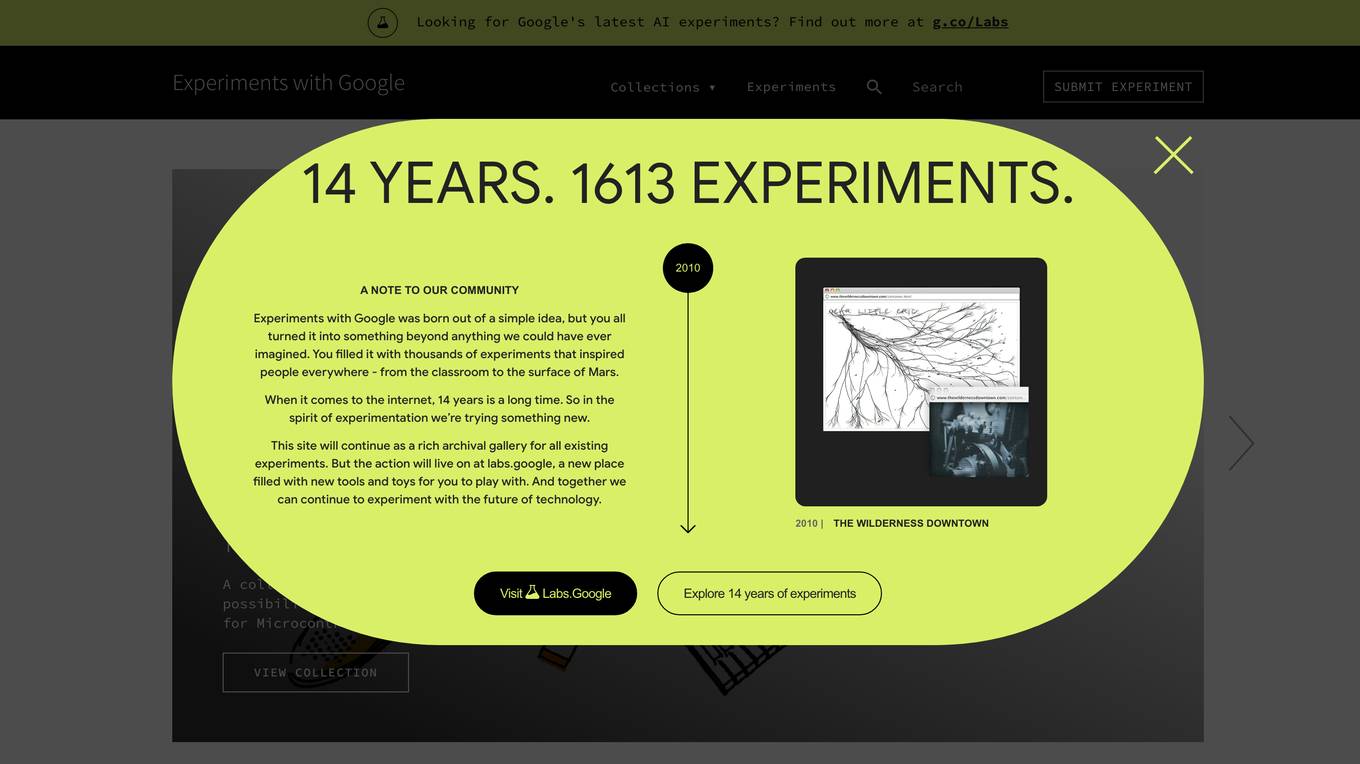
Experiments with Google
Experiments with Google is a website that showcases a collection of experiments created by coders using Chrome, Android, AI, AR, and more. The experiments are designed to inspire others to create new experiments and explore the possibilities of these technologies. The website also provides helpful tools and resources for creating experiments.
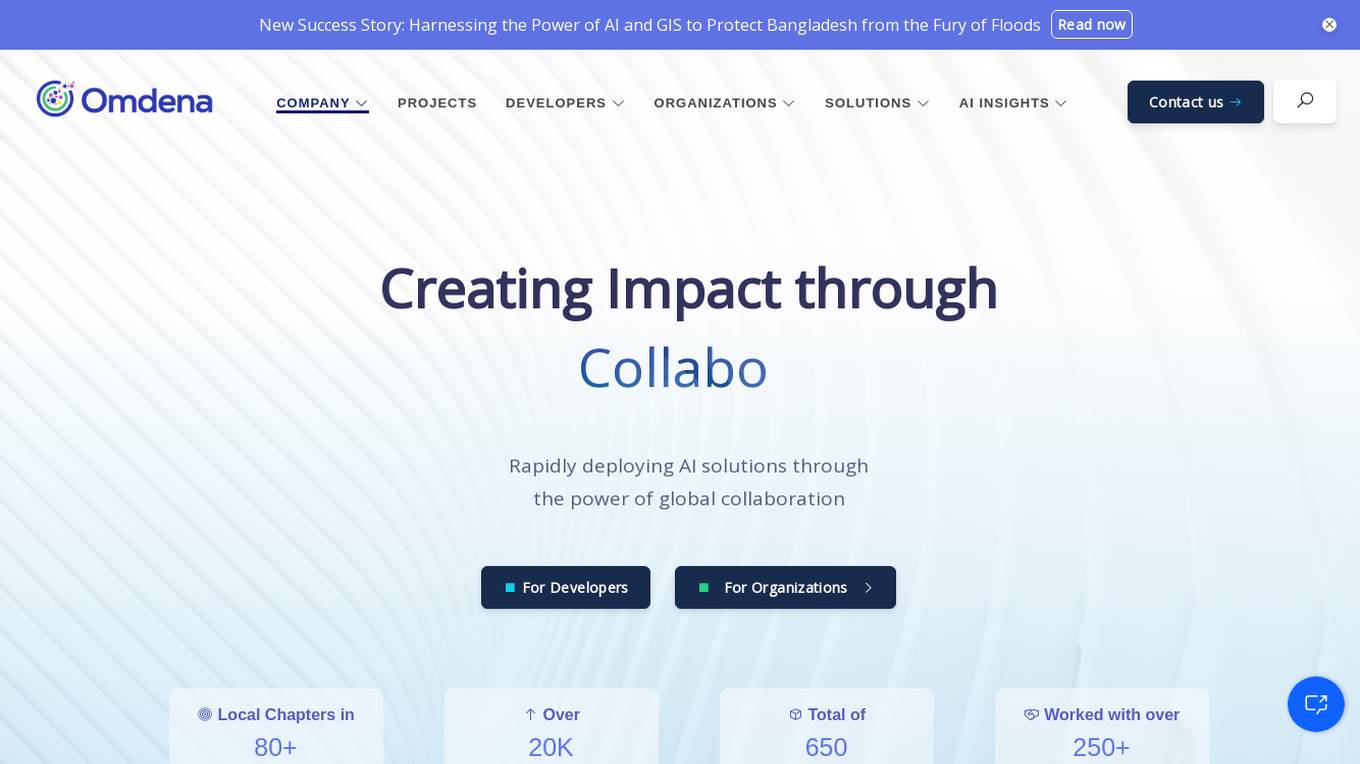
Omdena
Omdena is an AI platform that focuses on building AI solutions for real-world problems through global collaboration. They offer services ranging from local AI development to enterprise-level products, fostering talent development, and enabling AI professionals to make a positive impact. Omdena runs AI innovation challenges, deployment & product engineering, enterprise AI solutions, and grassroots AI initiatives. The platform empowers learners with quality education in machine learning and artificial intelligence, removing financial and geographic barriers. Omdena has successfully developed over 650 solutions, worked with 250+ organizations, and is trusted by impact-driven organizations worldwide.
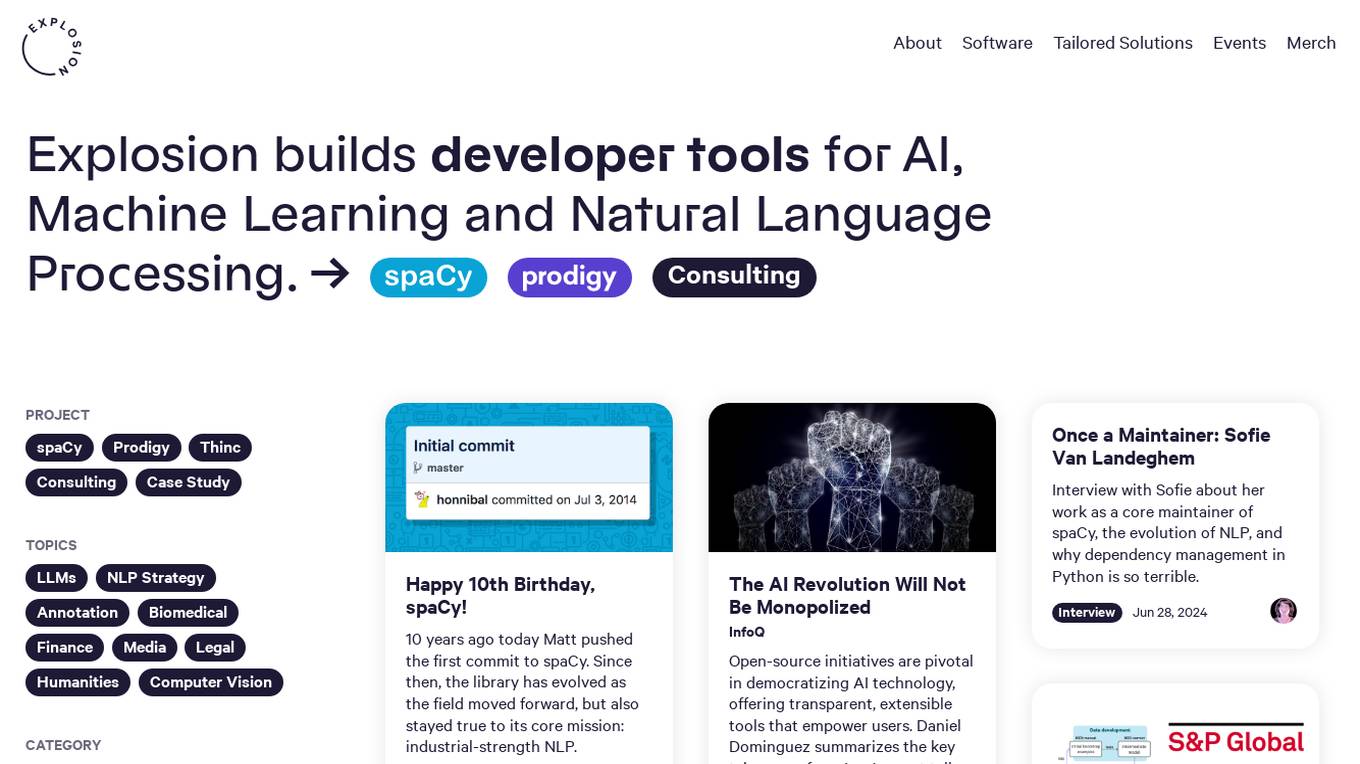
Explosion
Explosion is a software company specializing in developer tools and tailored solutions for AI, Machine Learning, and Natural Language Processing (NLP). They are the makers of spaCy, one of the leading open-source libraries for advanced NLP. The company offers consulting services and builds developer tools for various AI-related tasks, such as coreference resolution, dependency parsing, image classification, named entity recognition, and more.
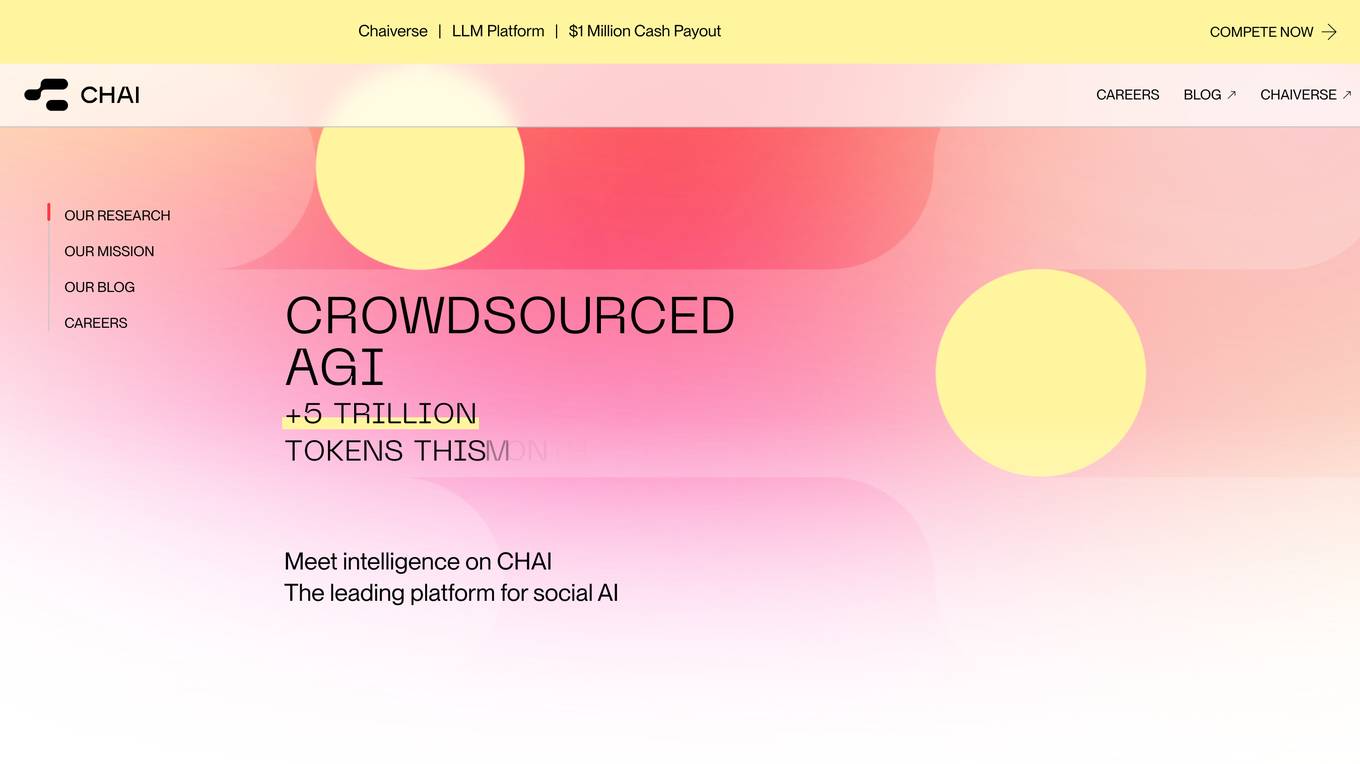
CHAI AI
CHAI AI is a leading conversational AI platform that focuses on building AI solutions for quant traders. The platform has secured significant funding rounds to expand its computational capabilities and talent acquisition. CHAI AI offers a range of models and techniques, such as reinforcement learning with human feedback, model blending, and direct preference optimization, to enhance user engagement and retention. The platform aims to provide users with the ability to create their own ChatAIs and offers custom GPU orchestration for efficient inference. With a strong focus on user feedback and recognition, CHAI AI continues to innovate and improve its AI models to meet the demands of a growing user base.
0 - Open Source Tools
20 - OpenAI Gpts
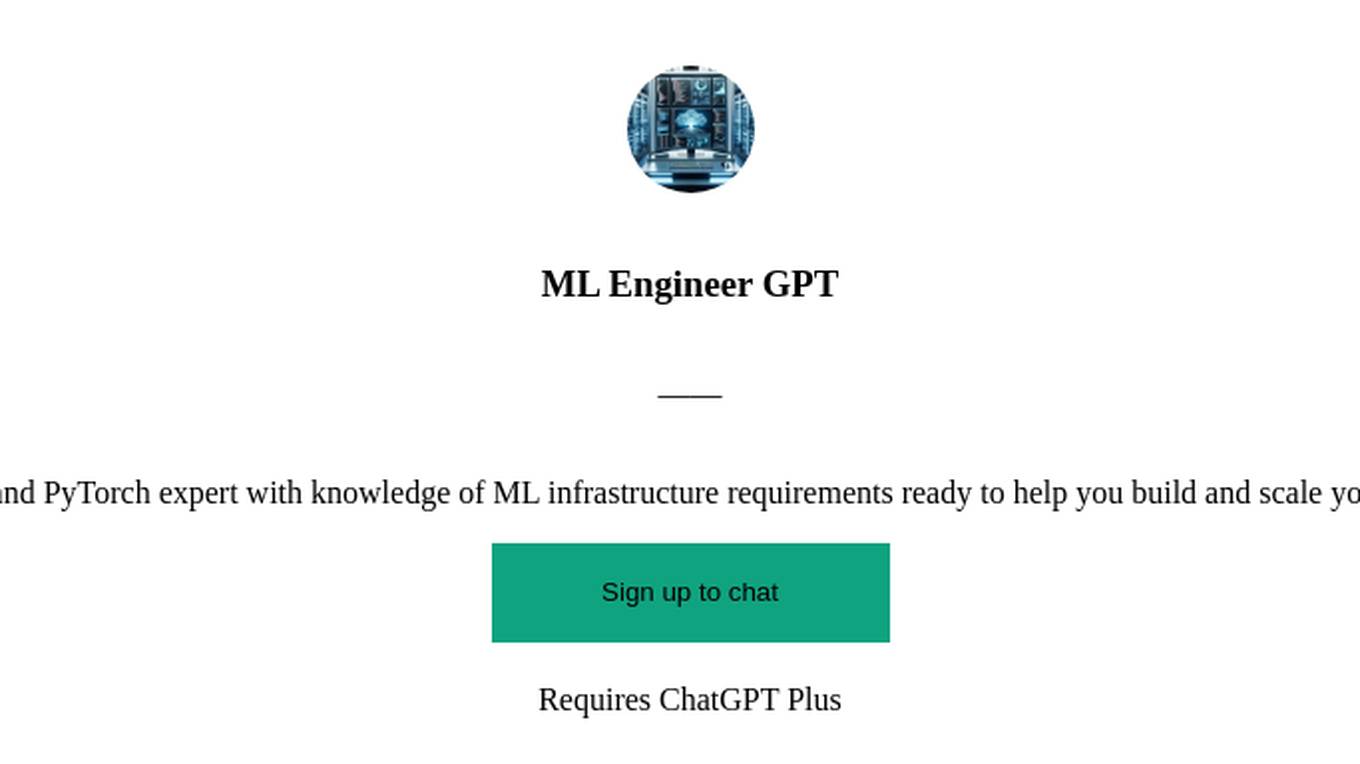
ML Engineer GPT
I'm a Python and PyTorch expert with knowledge of ML infrastructure requirements ready to help you build and scale your ML projects.
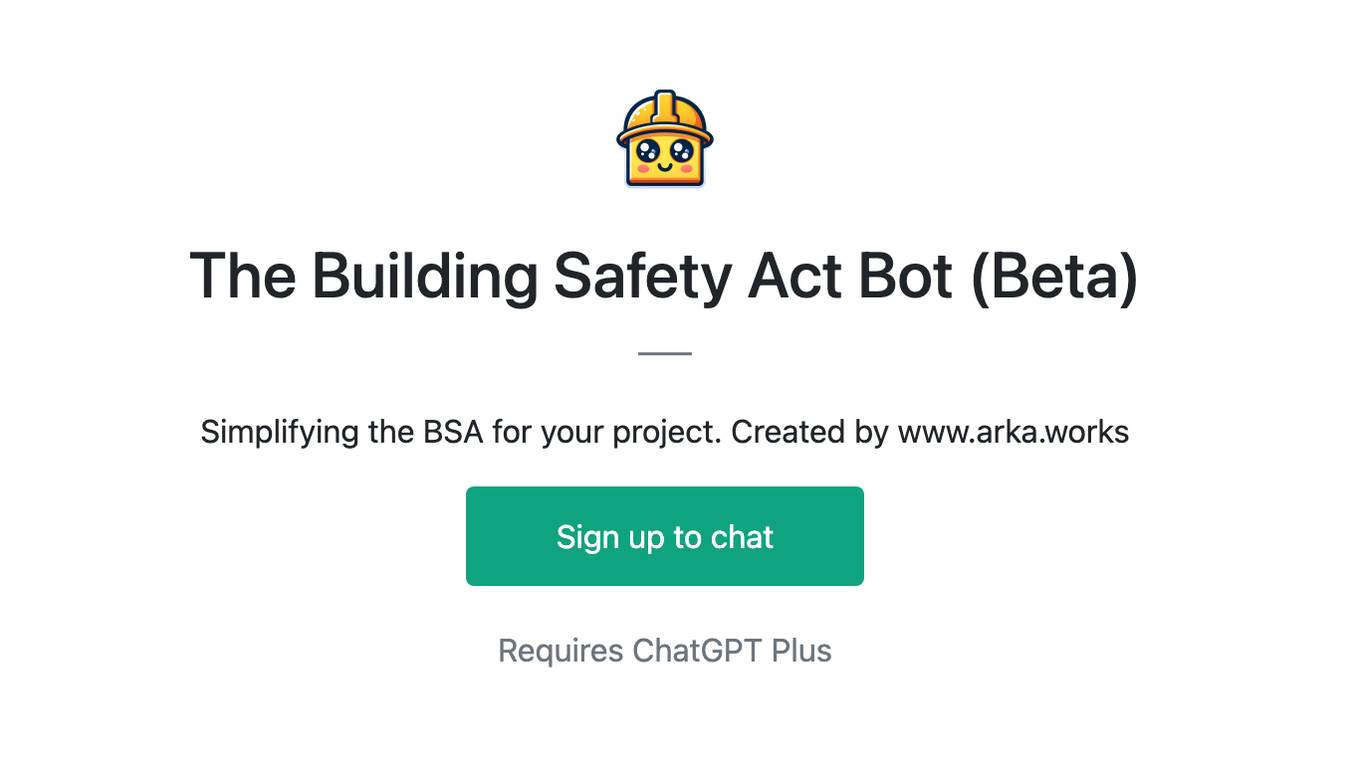
The Building Safety Act Bot (Beta)
Simplifying the BSA for your project. Created by www.arka.works

Australian Building Buddy
Building and Construction Information for Australia - no guarantee of this information, use at your own risk

Assembler, Metal Building Assistant
Hello I'm Assembler, Metal Building Assistant! What would you like help with today?

The Riggorous Guide to Structure
Irritating Northern advisor on UK building regs for structure. Based on Oliver Rigg and Approved Document A
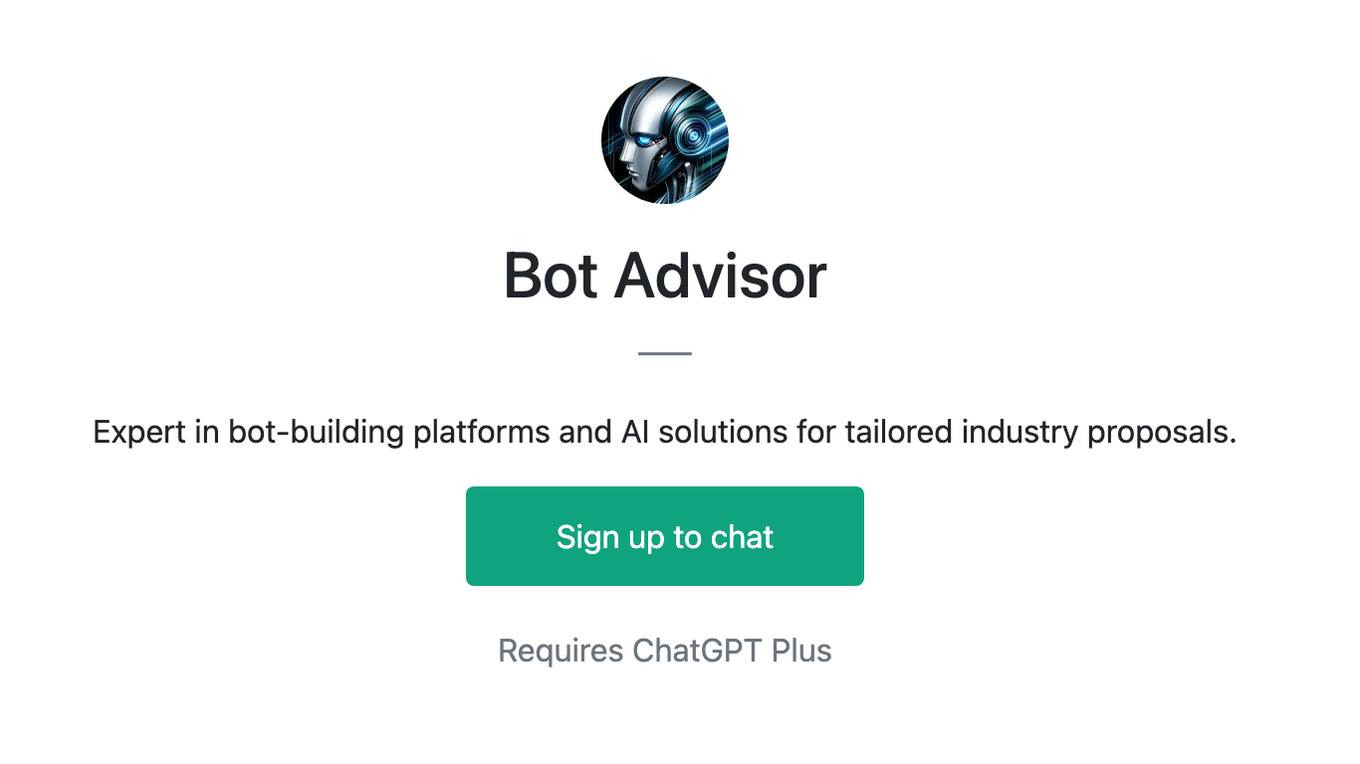
Bot Advisor
Expert in bot-building platforms and AI solutions for tailored industry proposals.
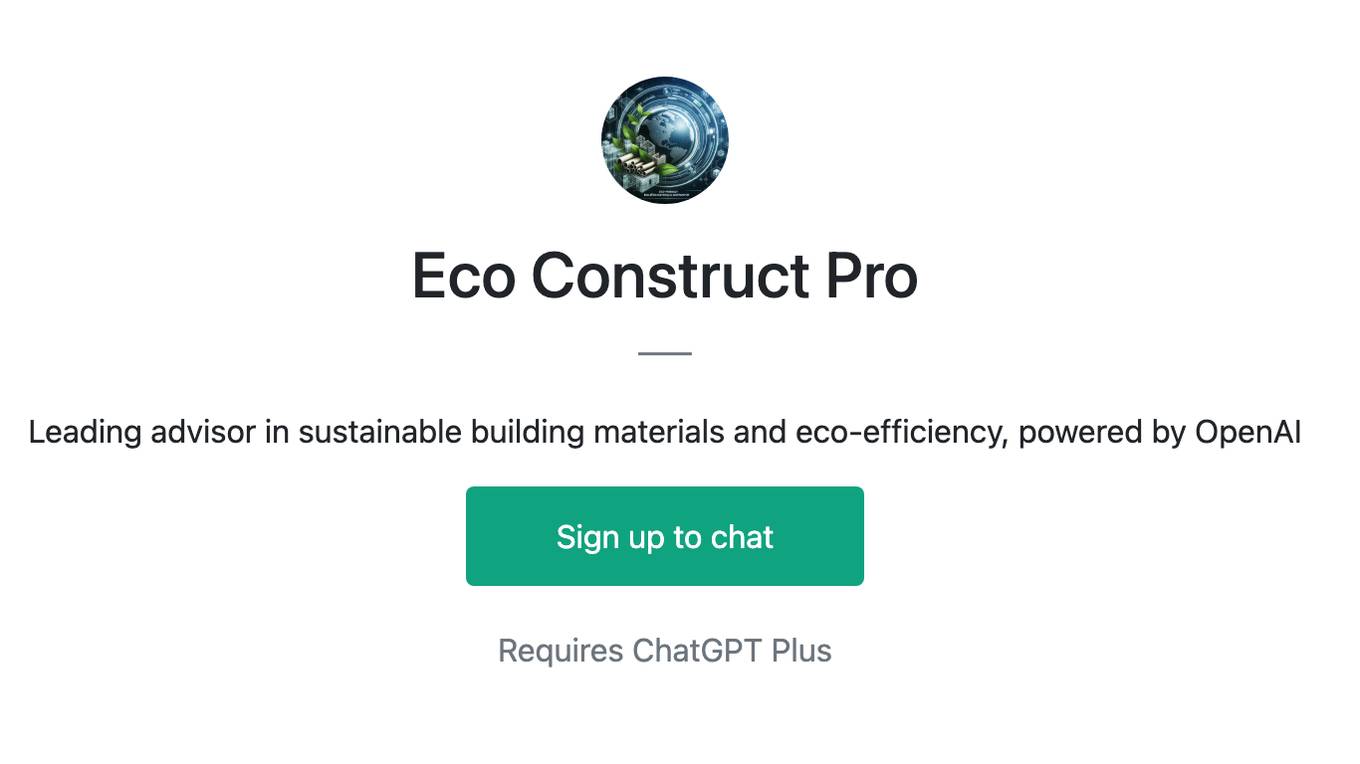
Eco Construct Pro
Leading advisor in sustainable building materials and eco-efficiency, powered by OpenAI

How to Get Rich Using AI
Advises on wealth-building strategies in a friendly, informative way.
